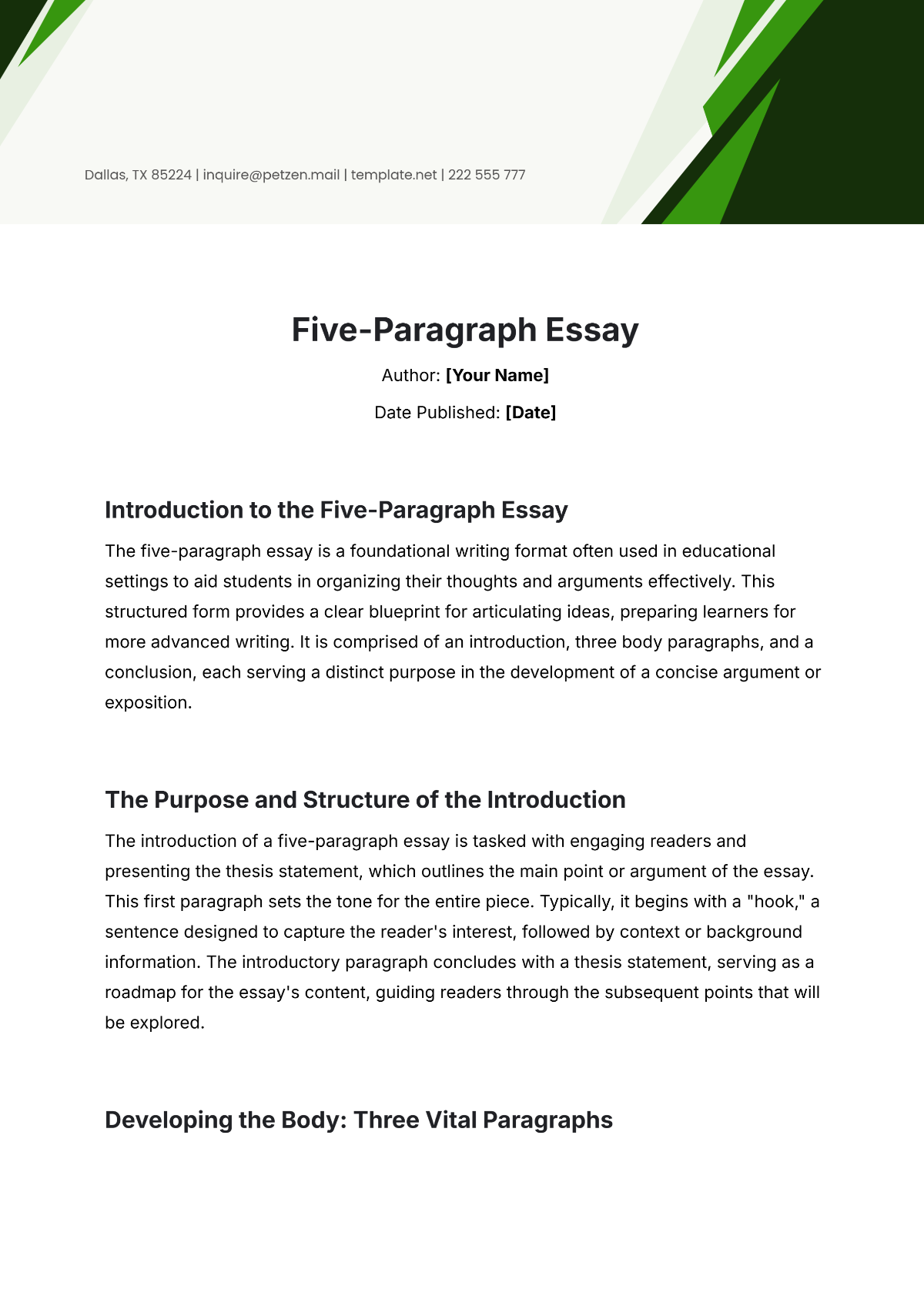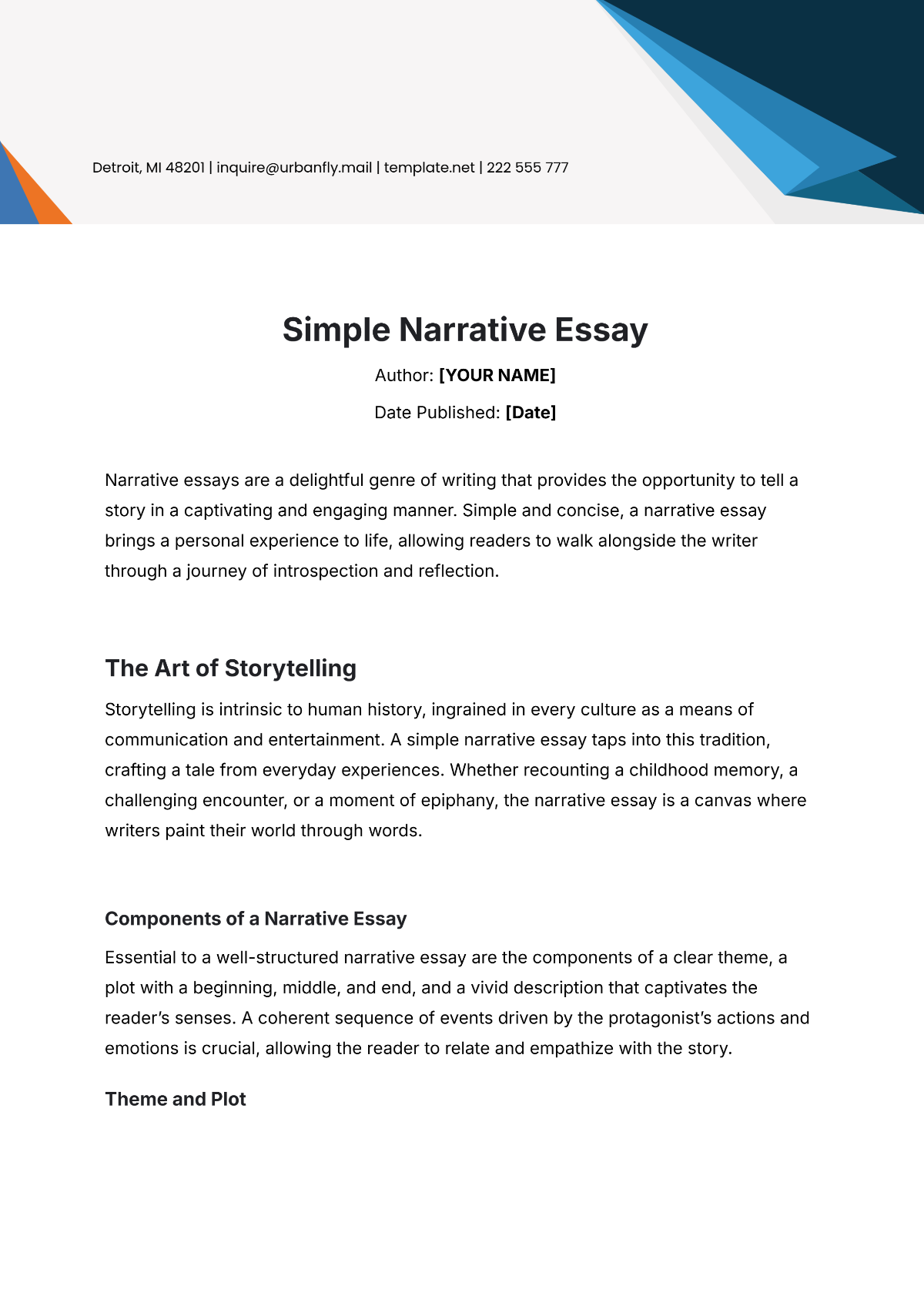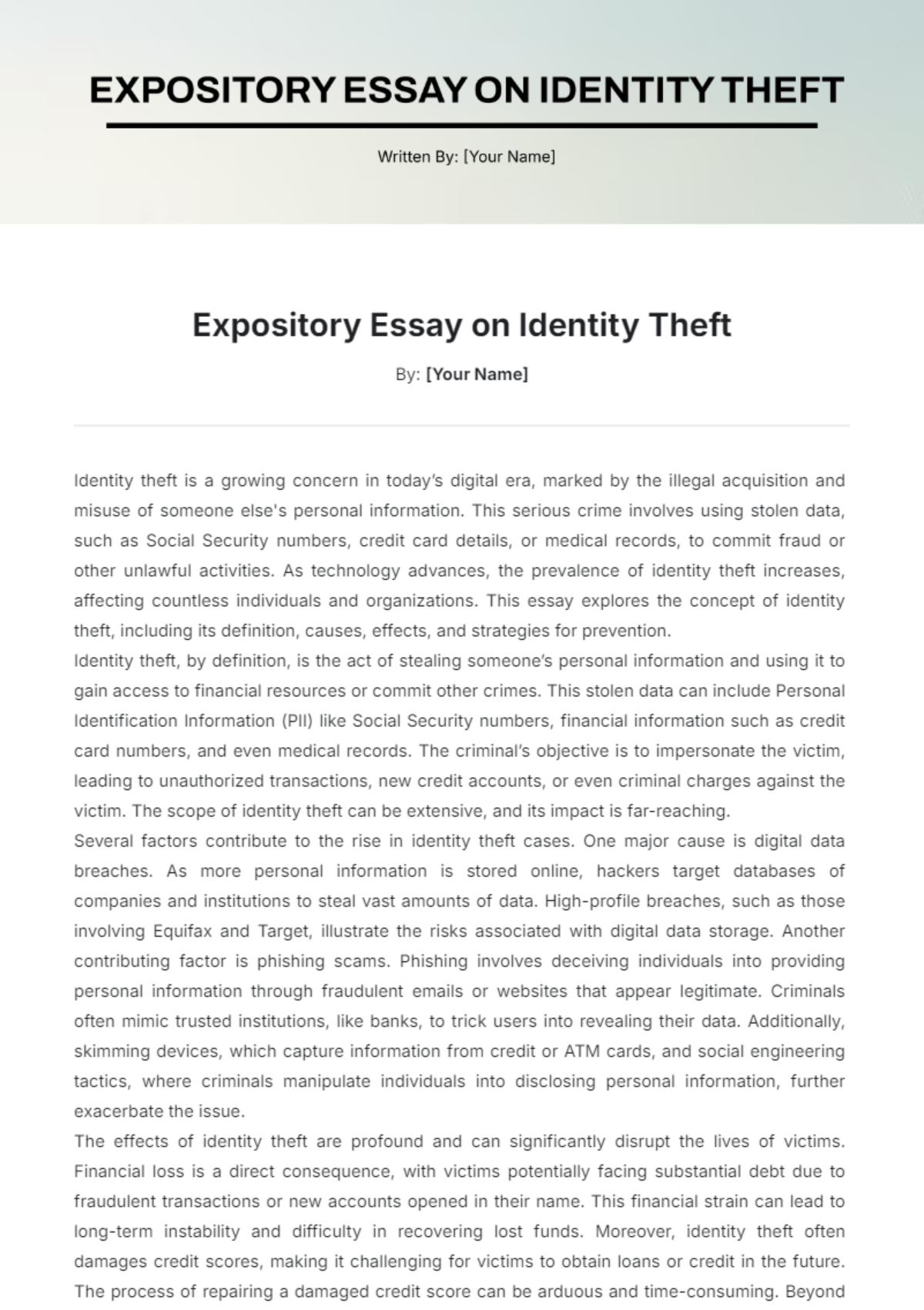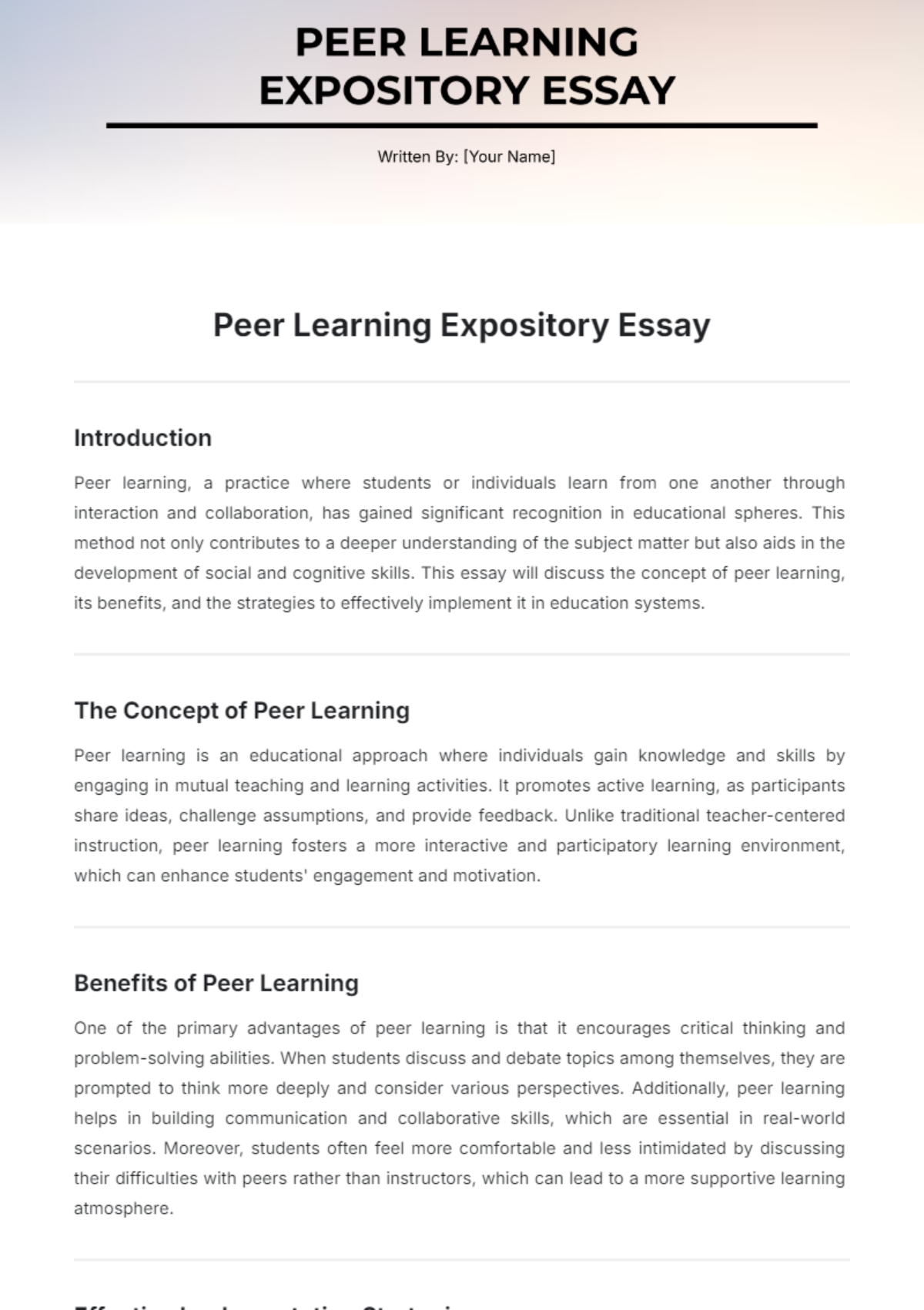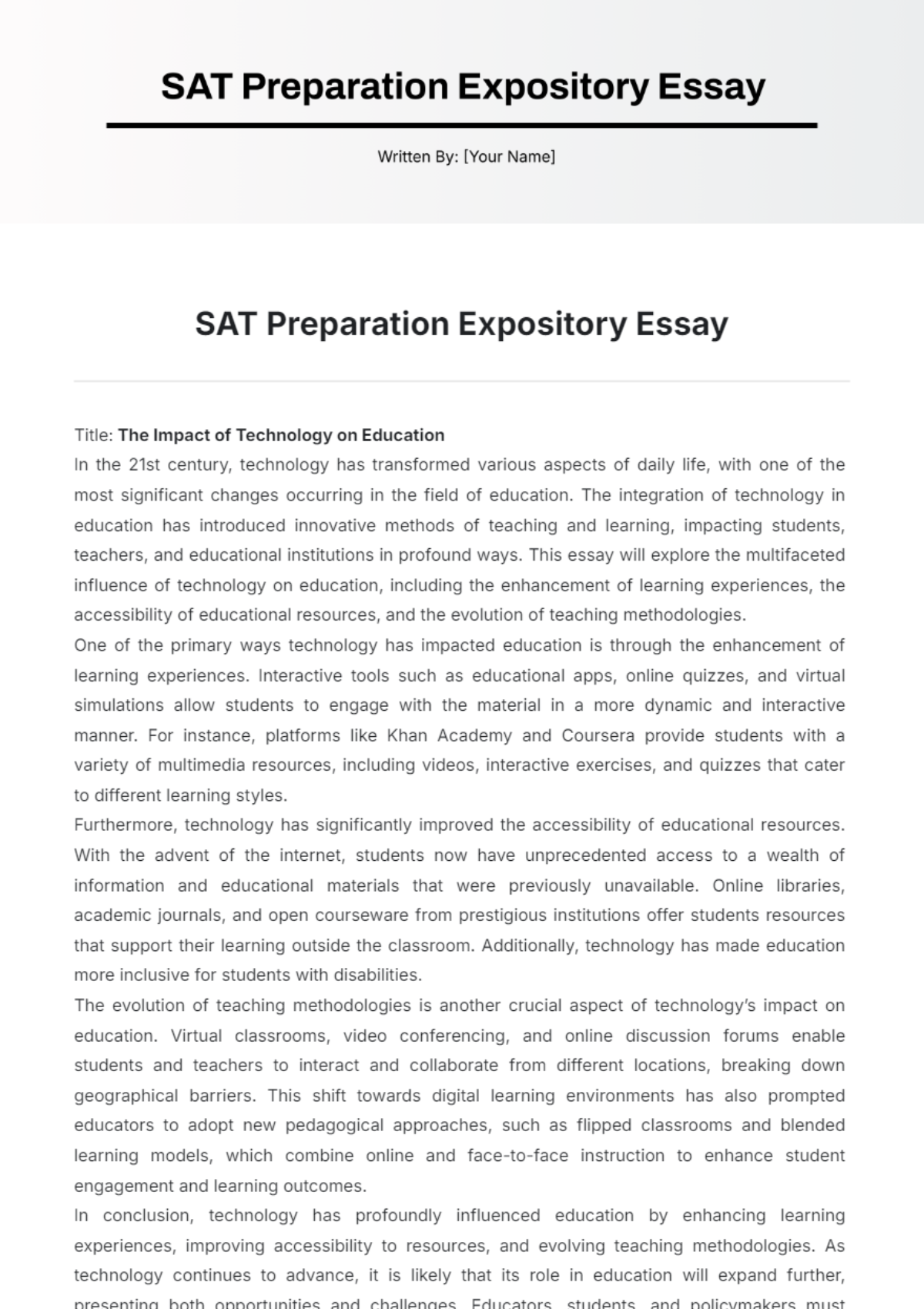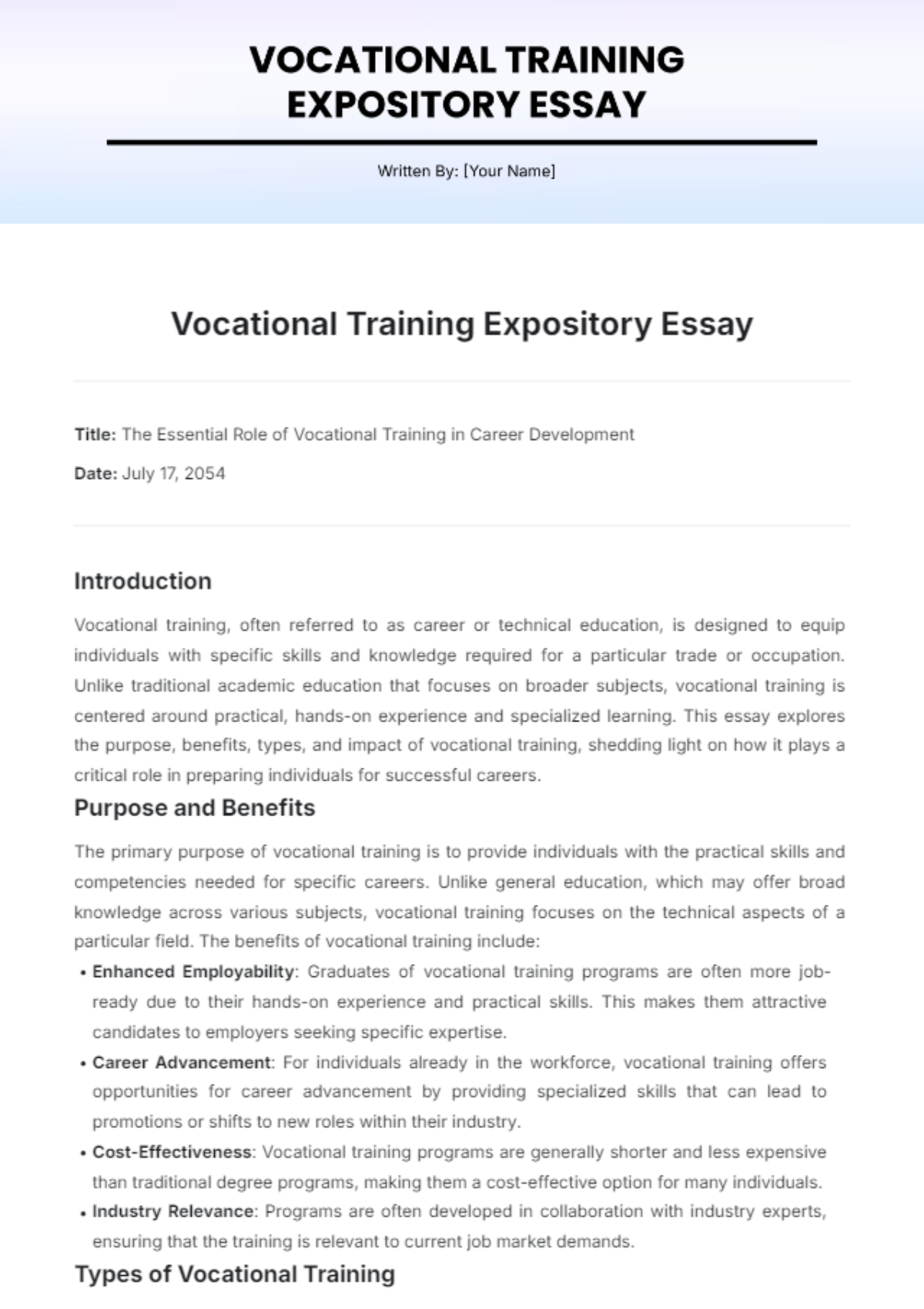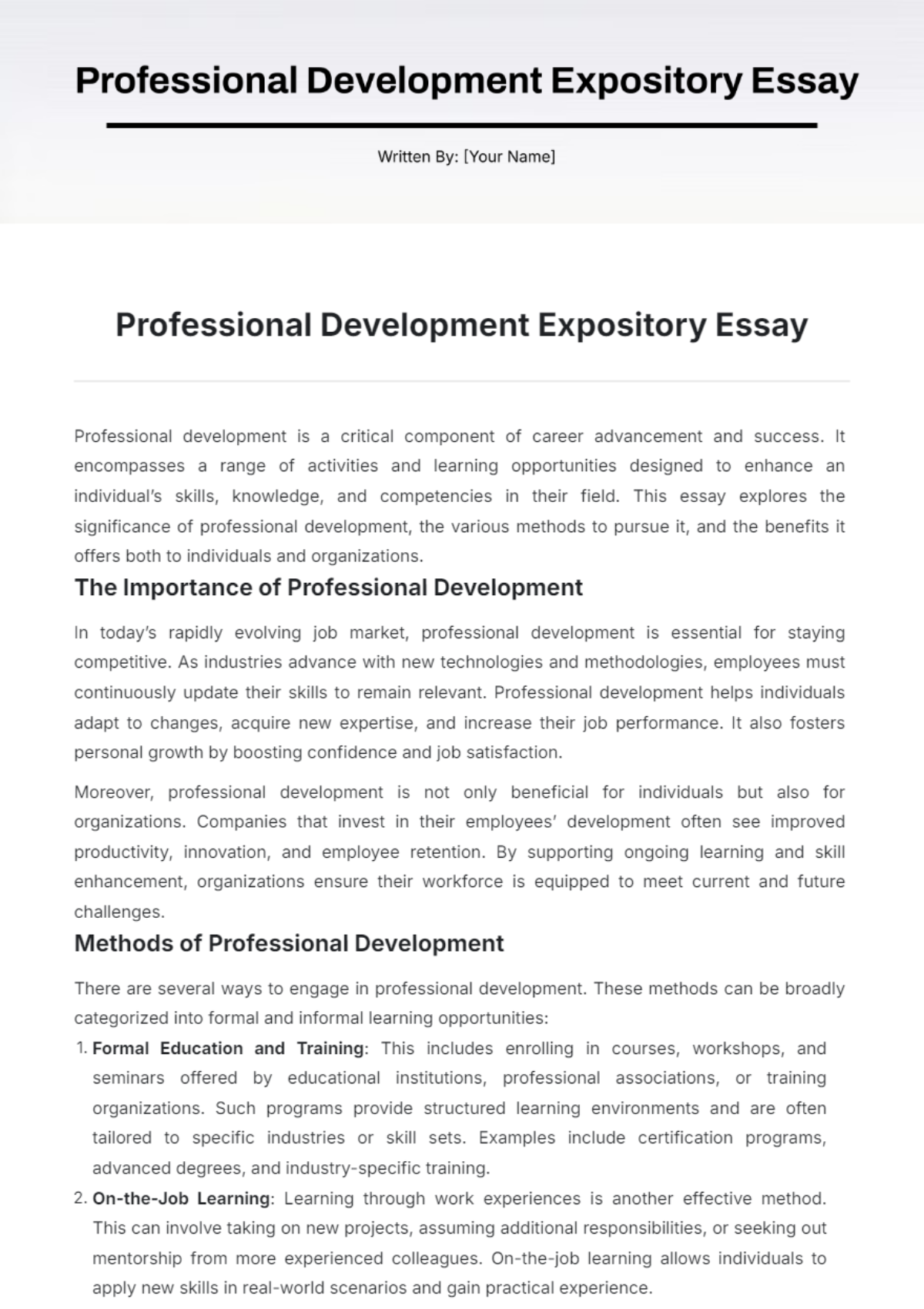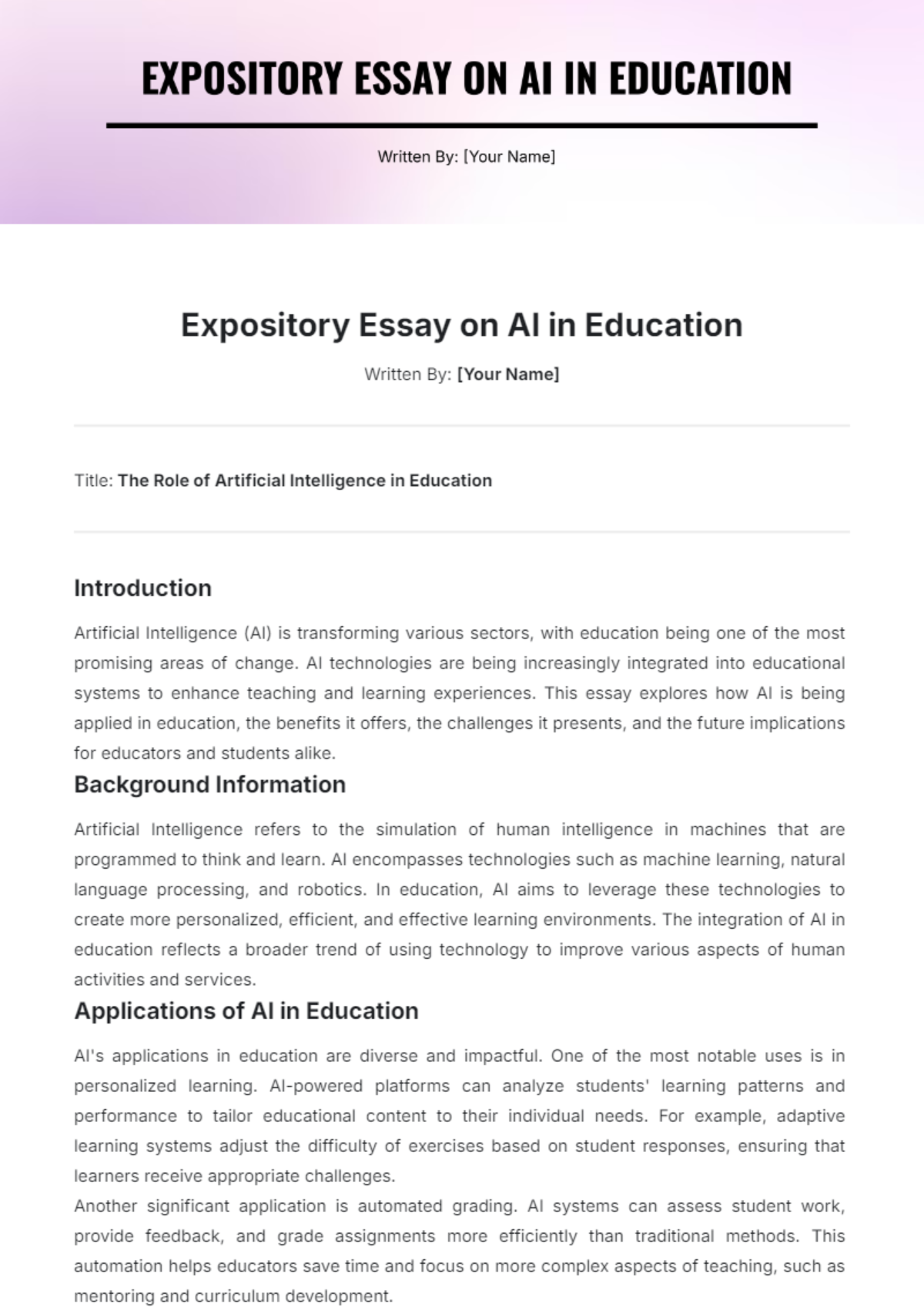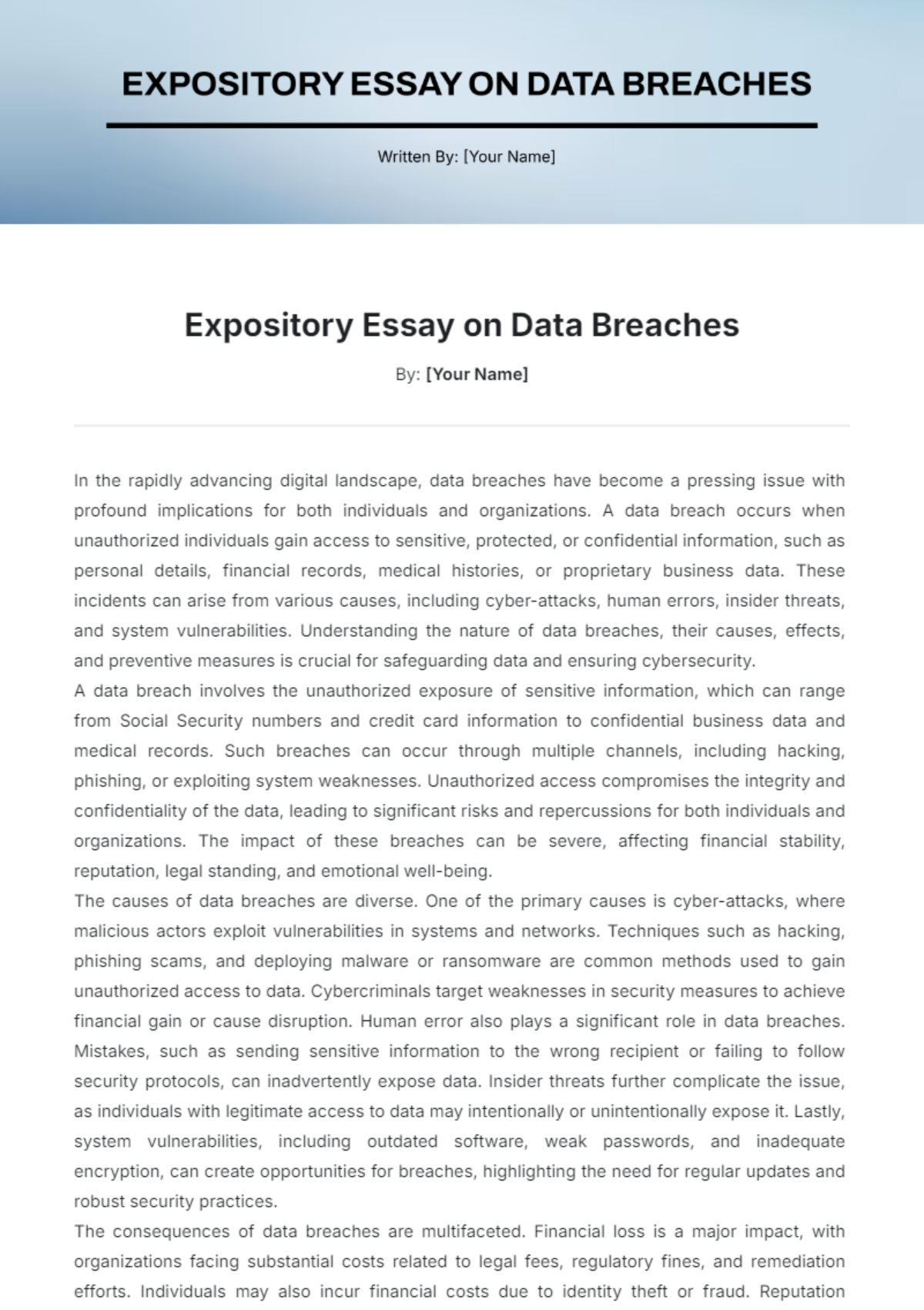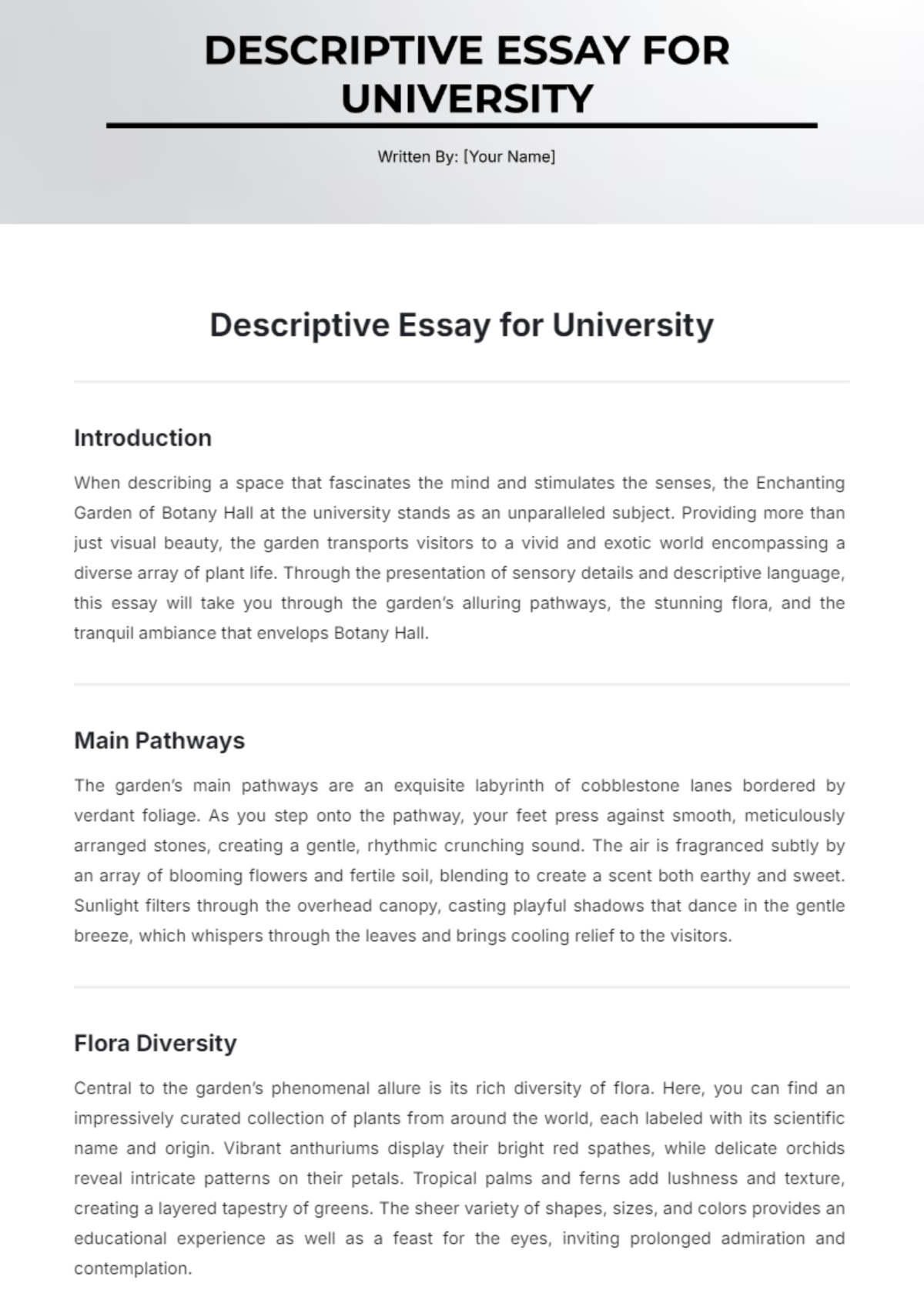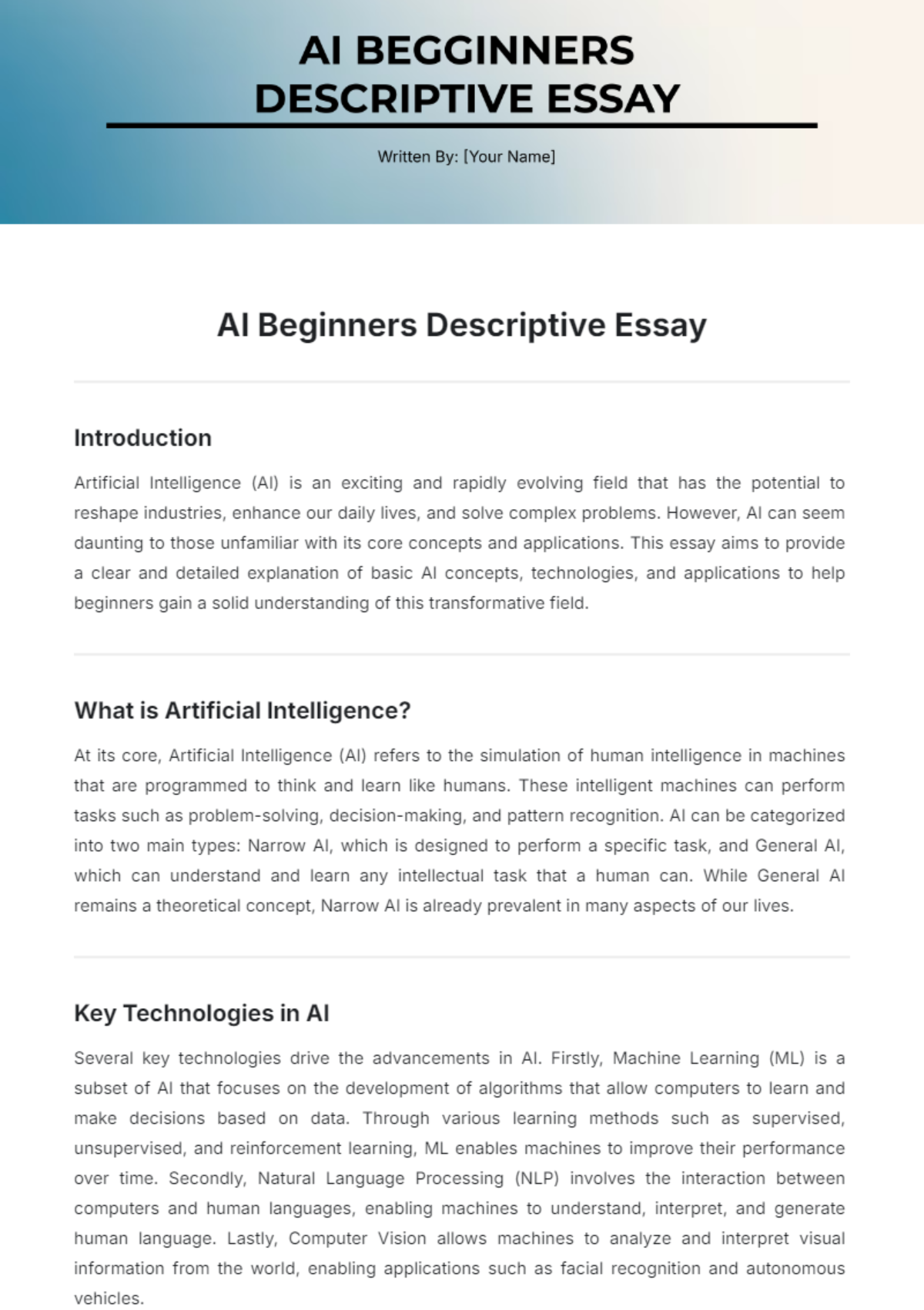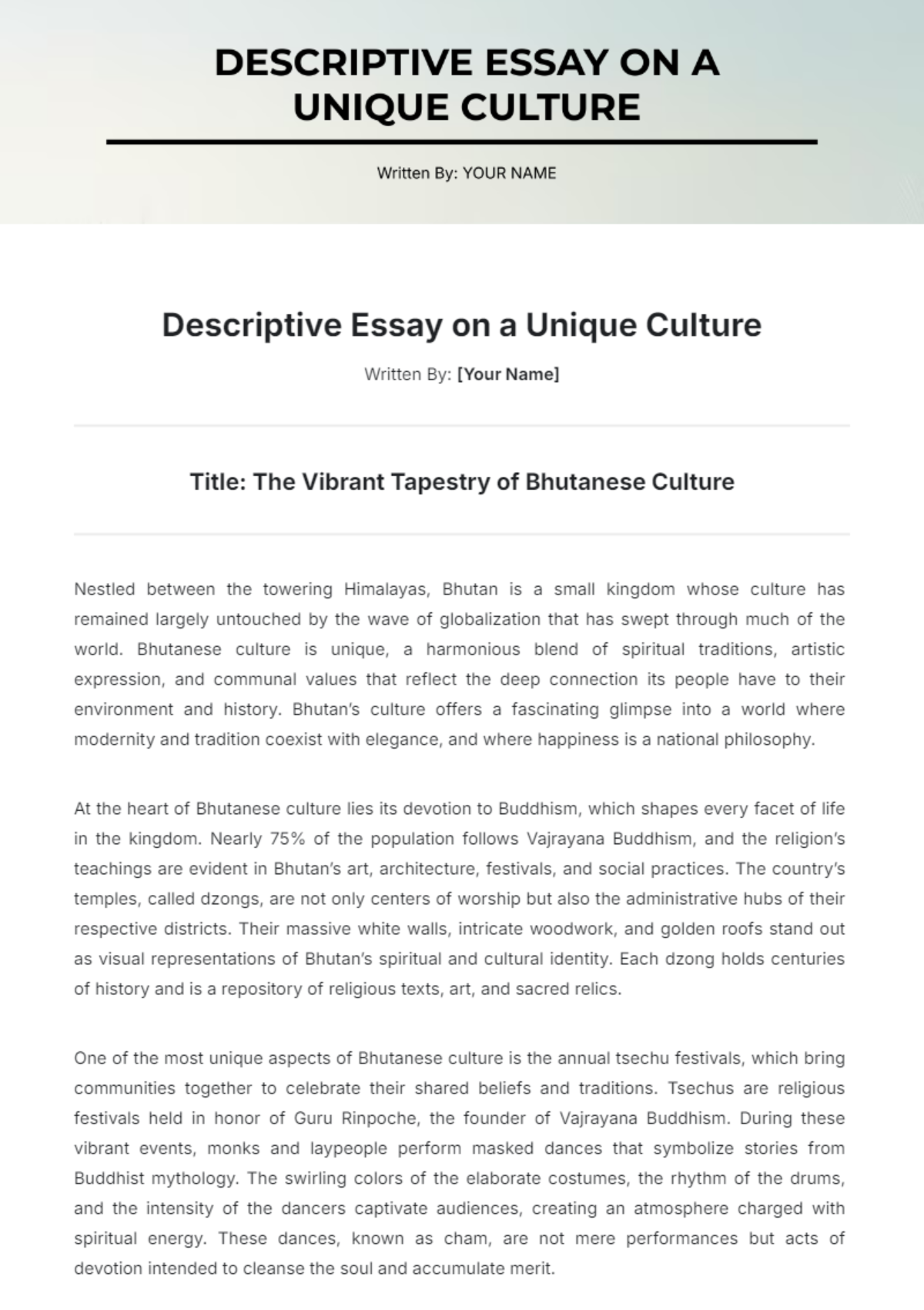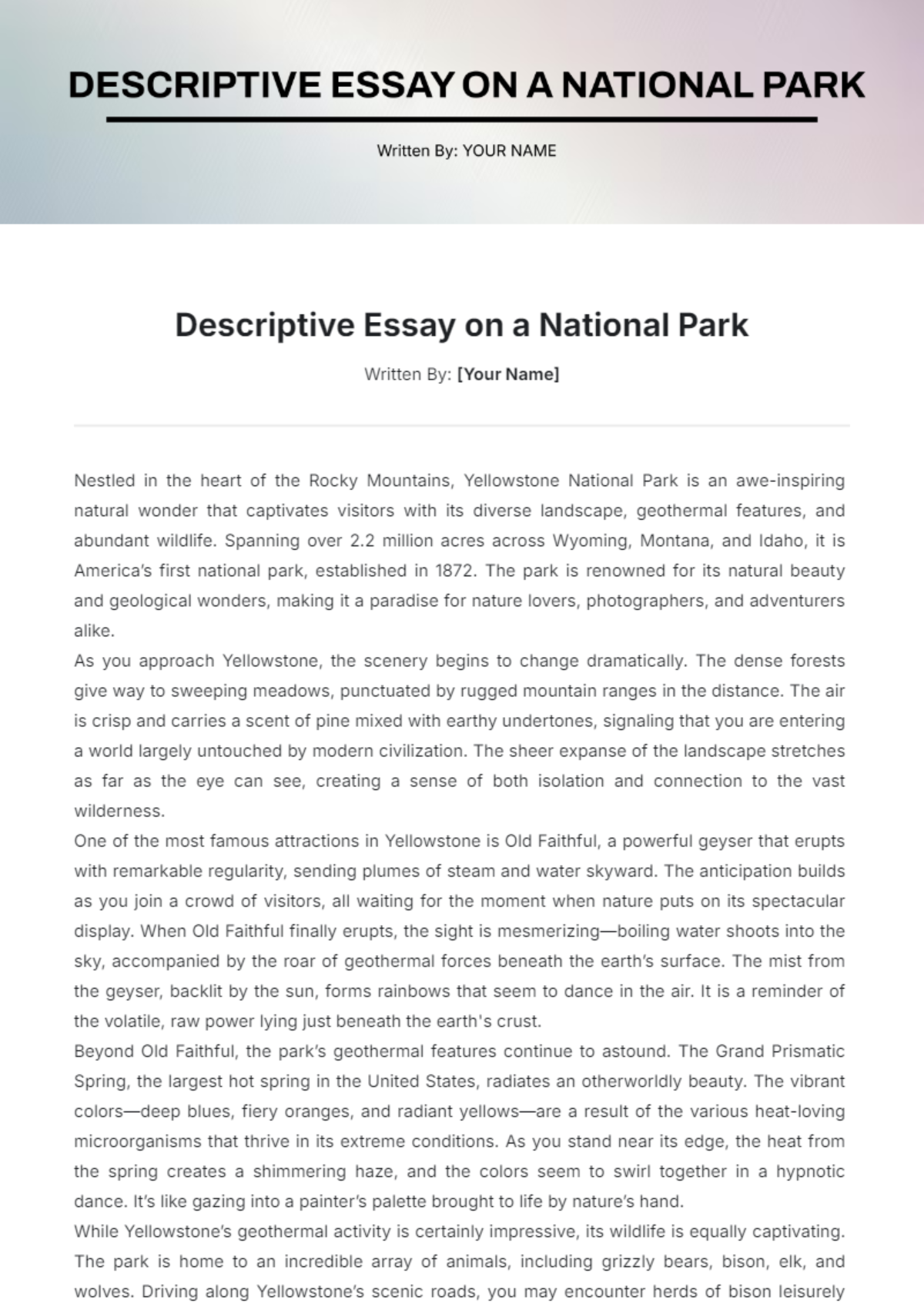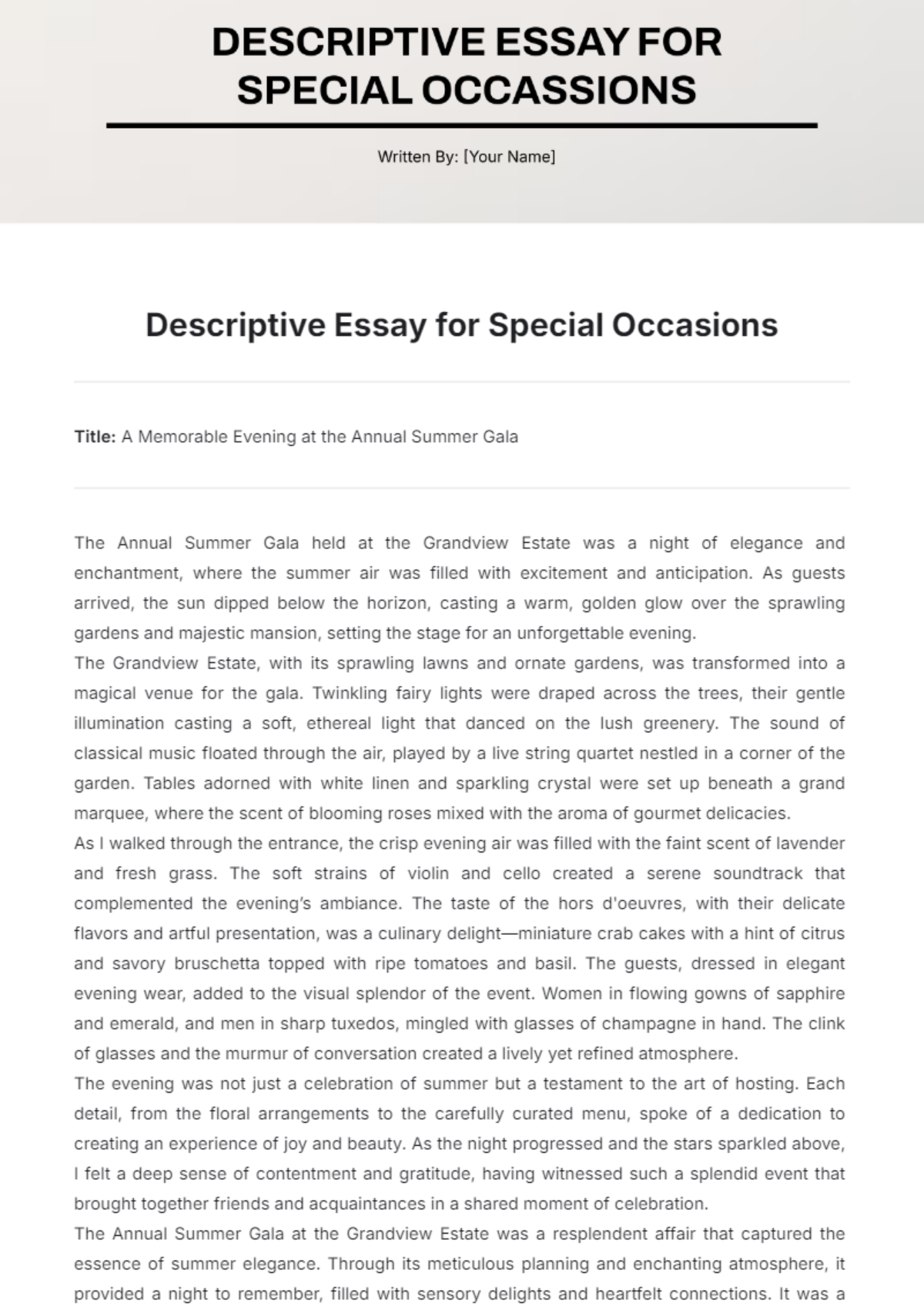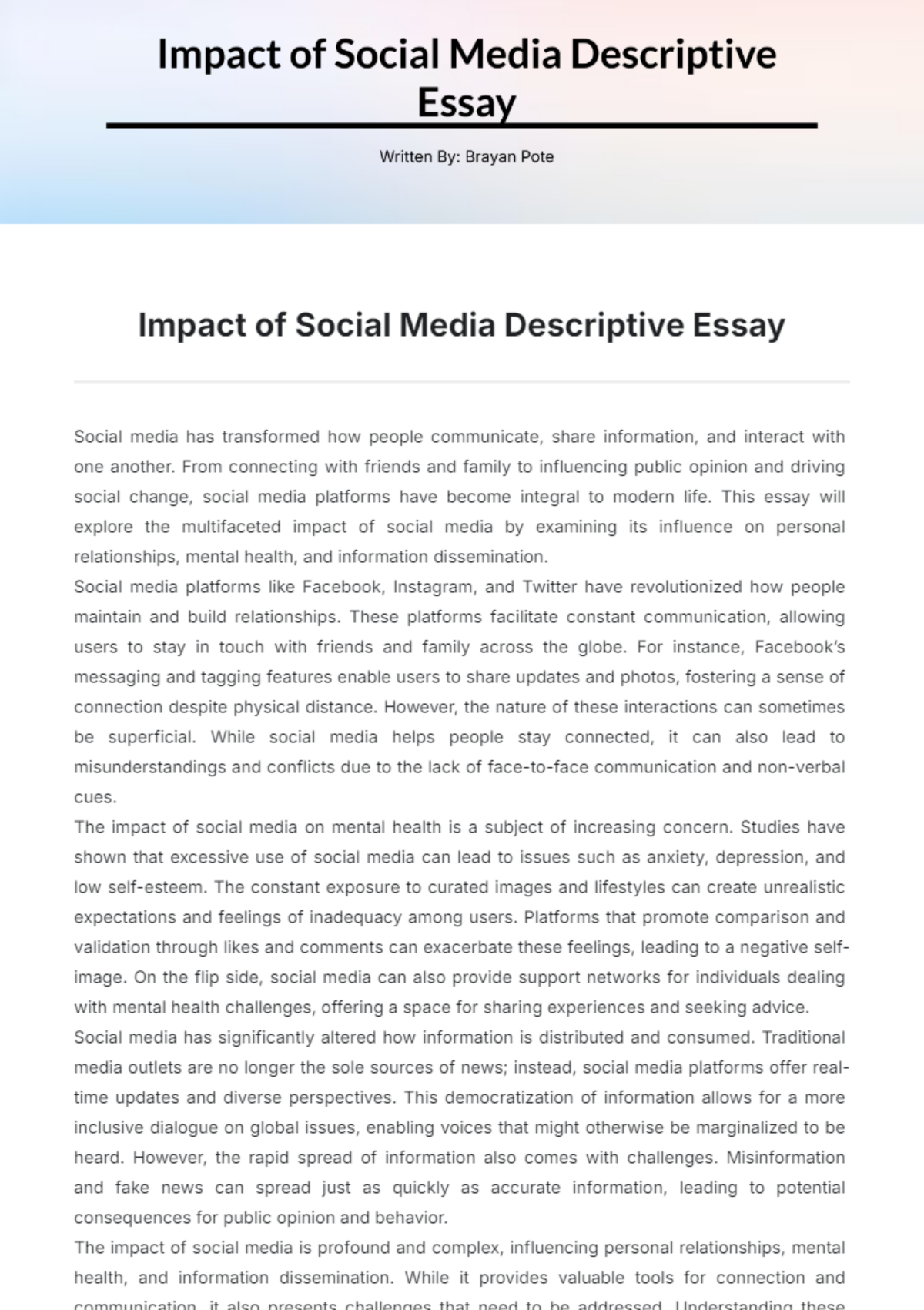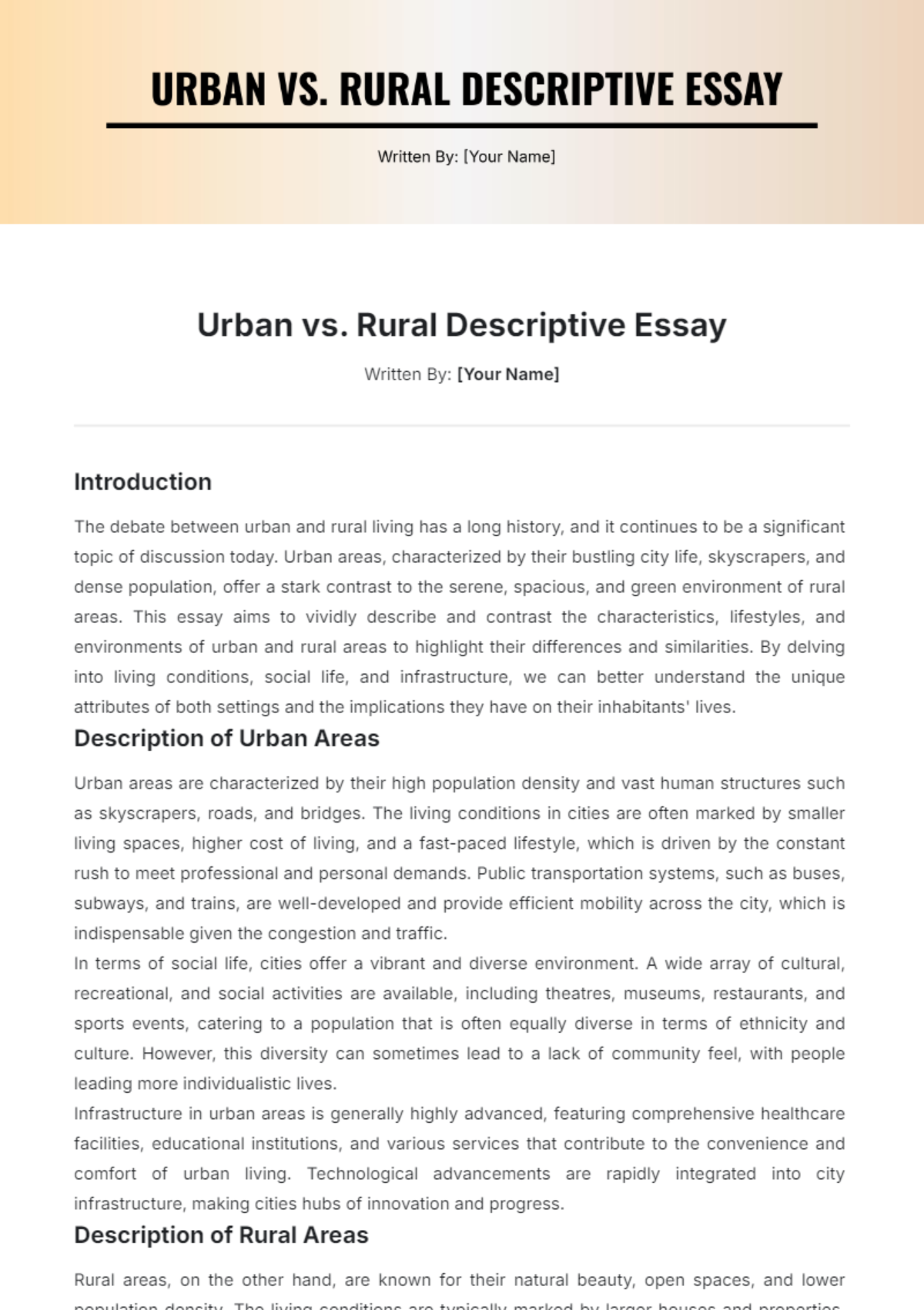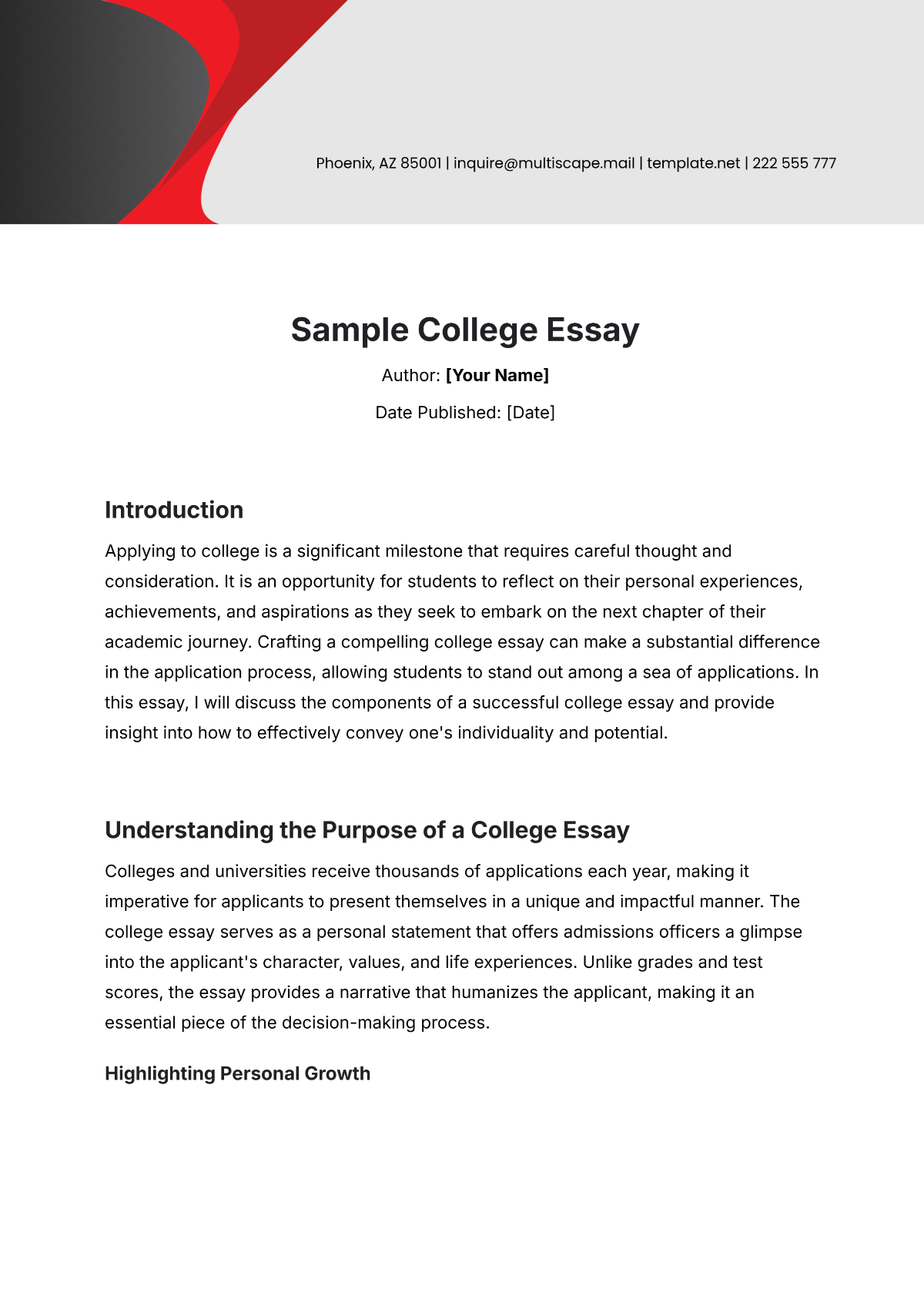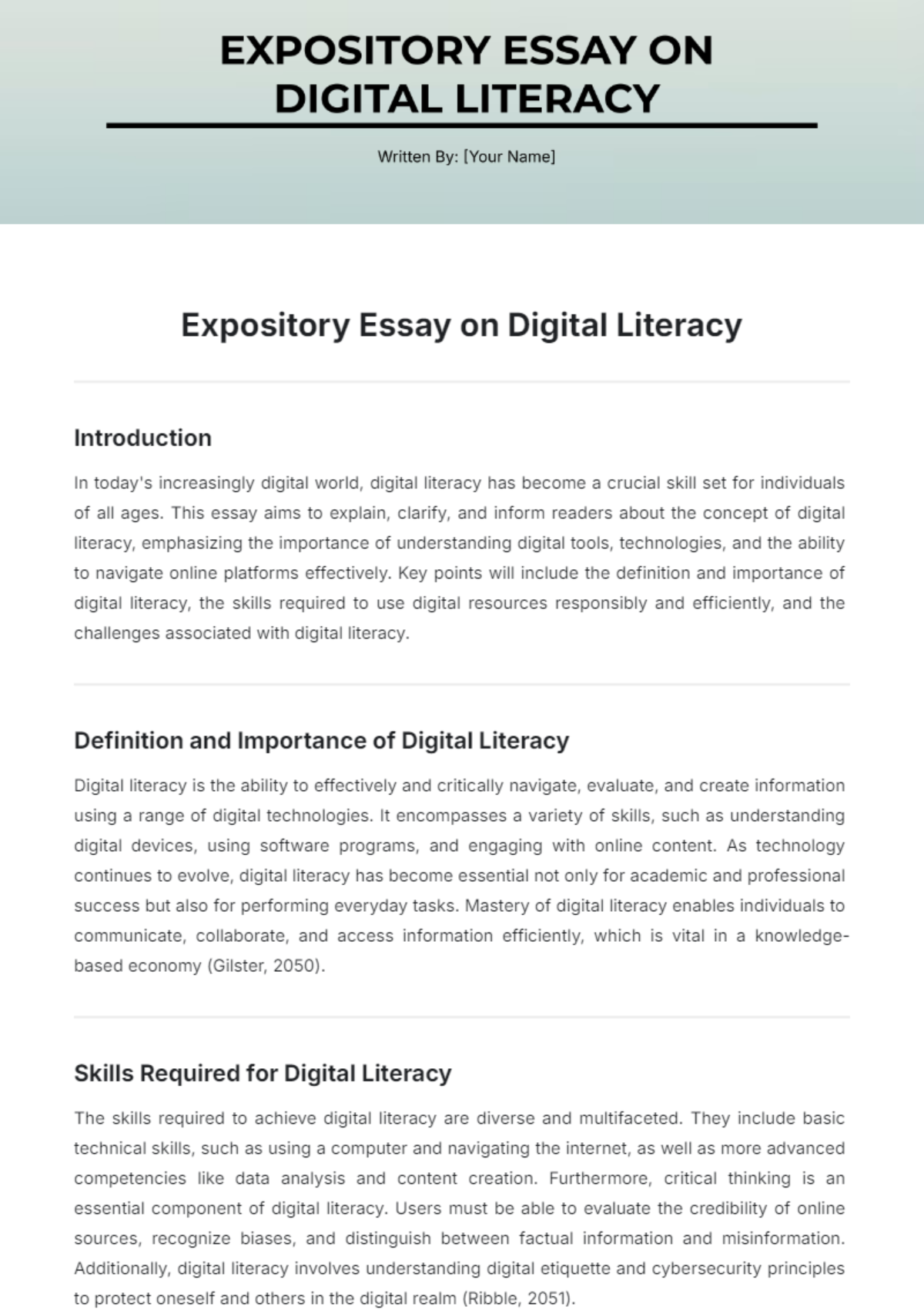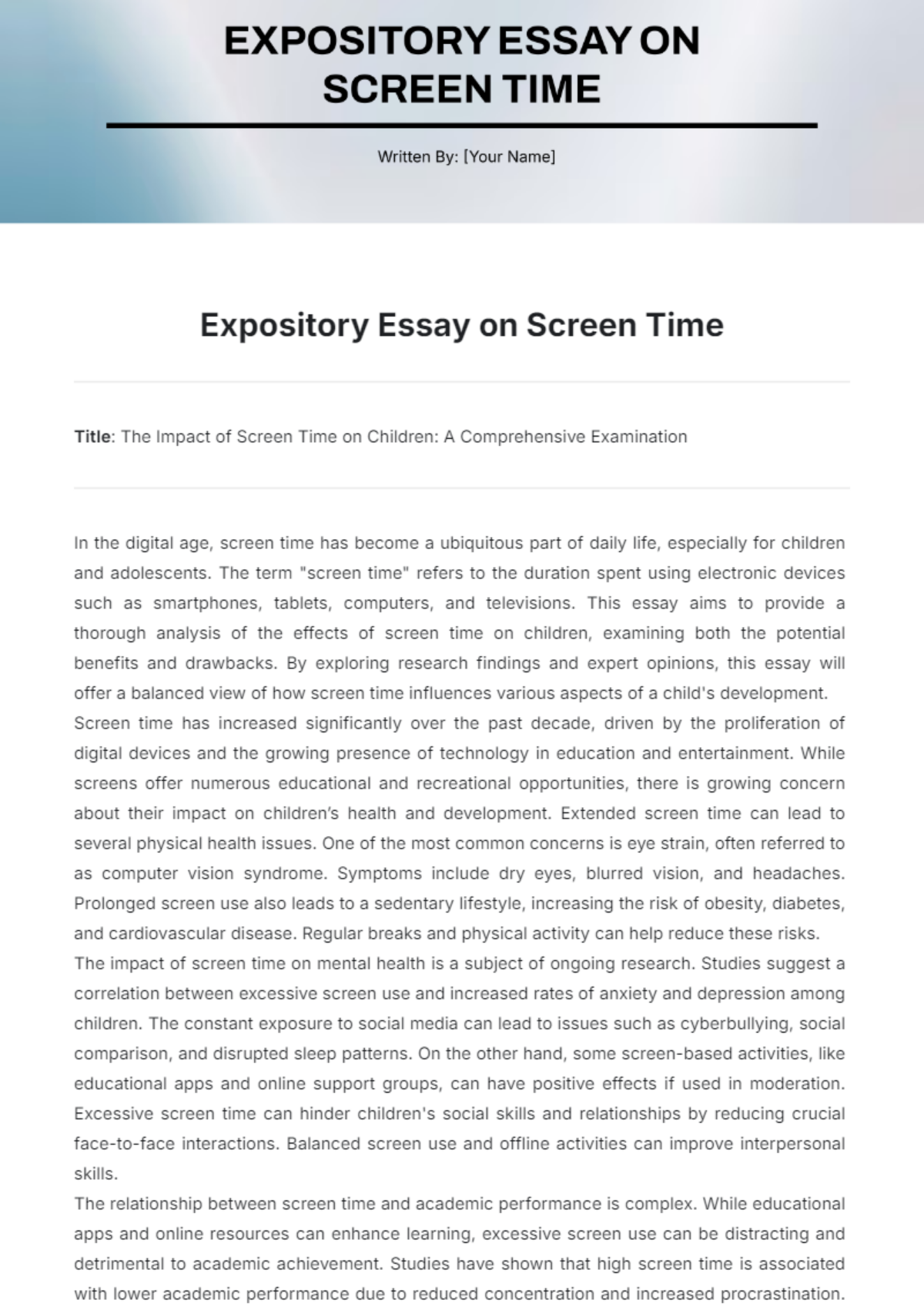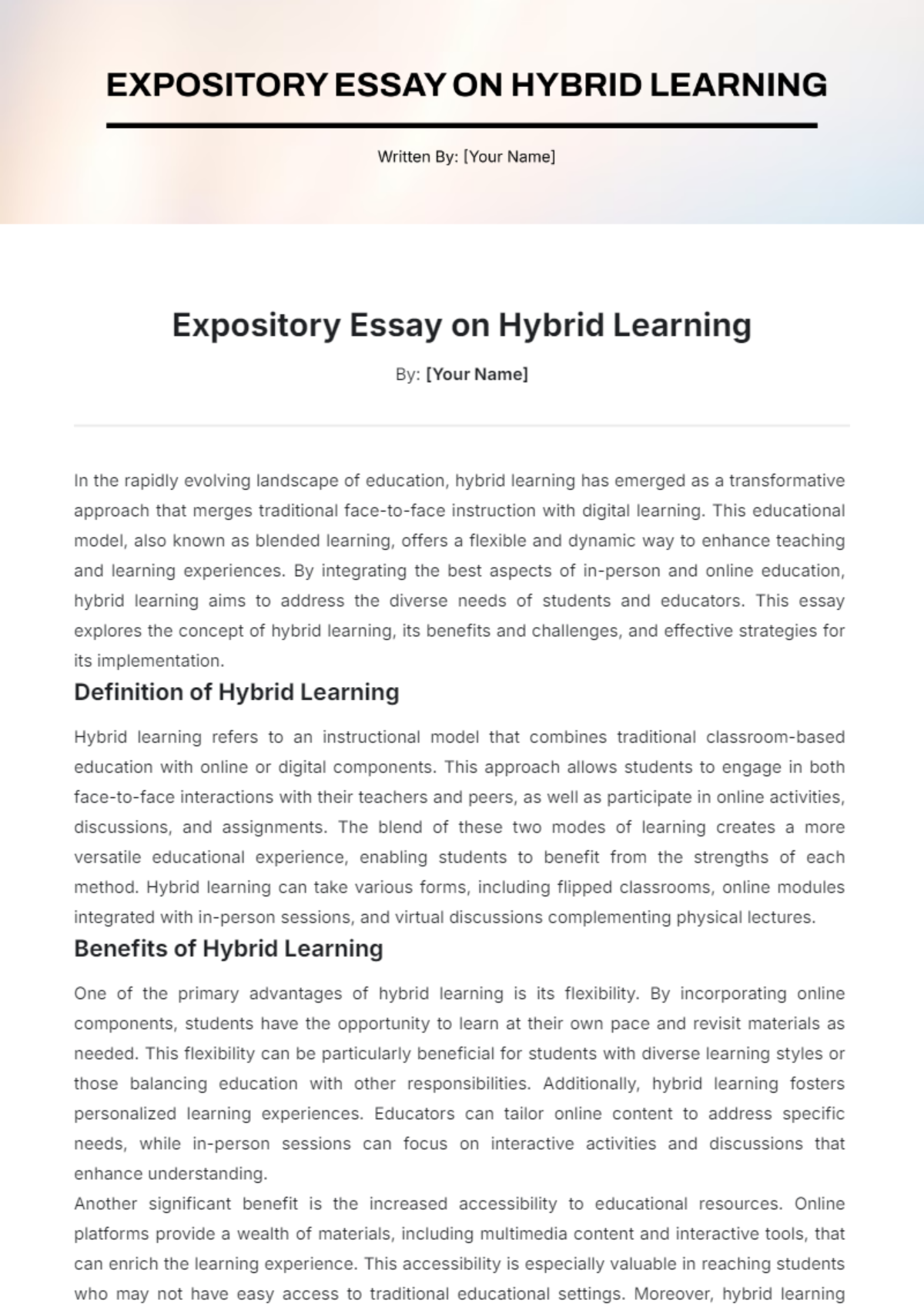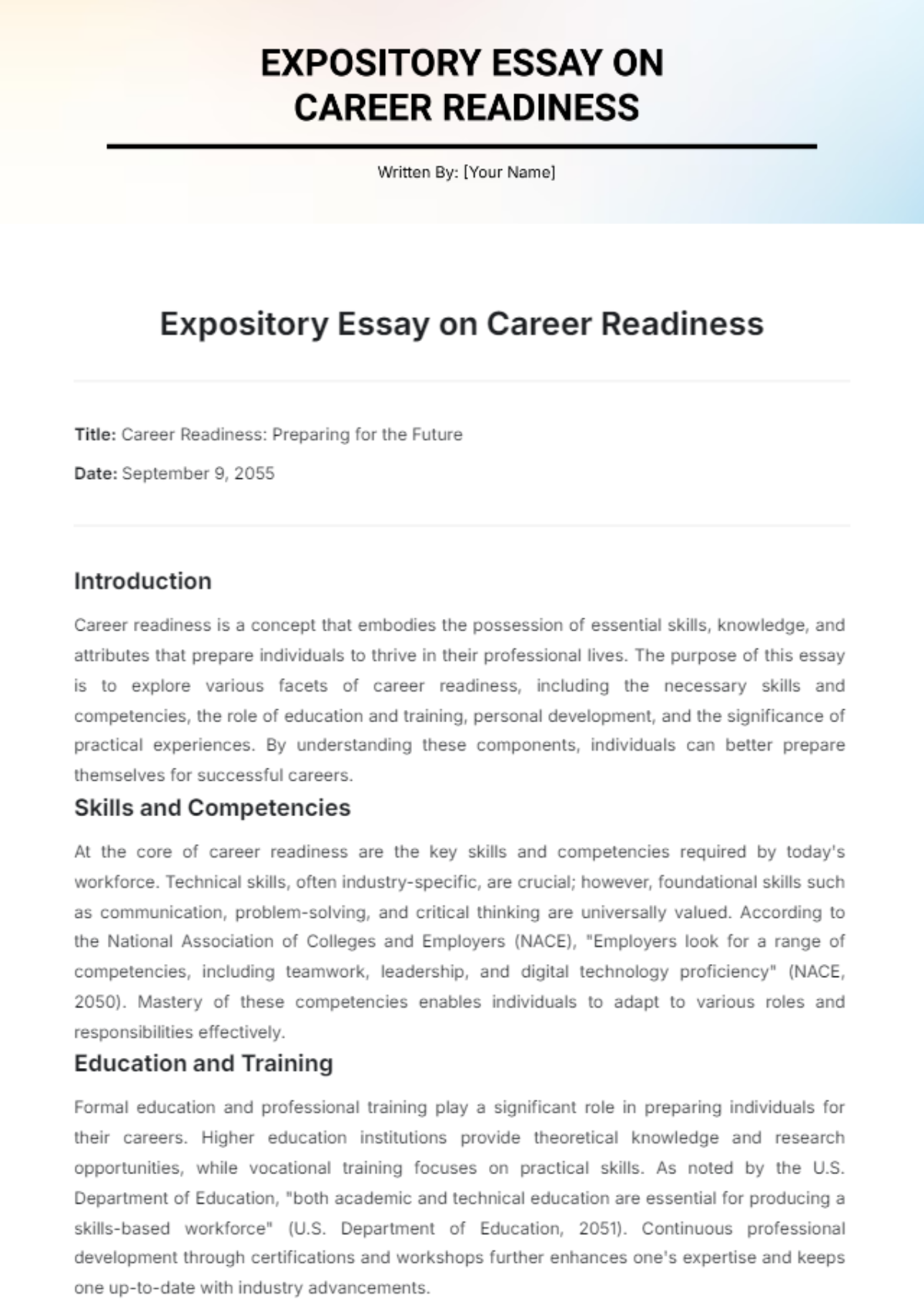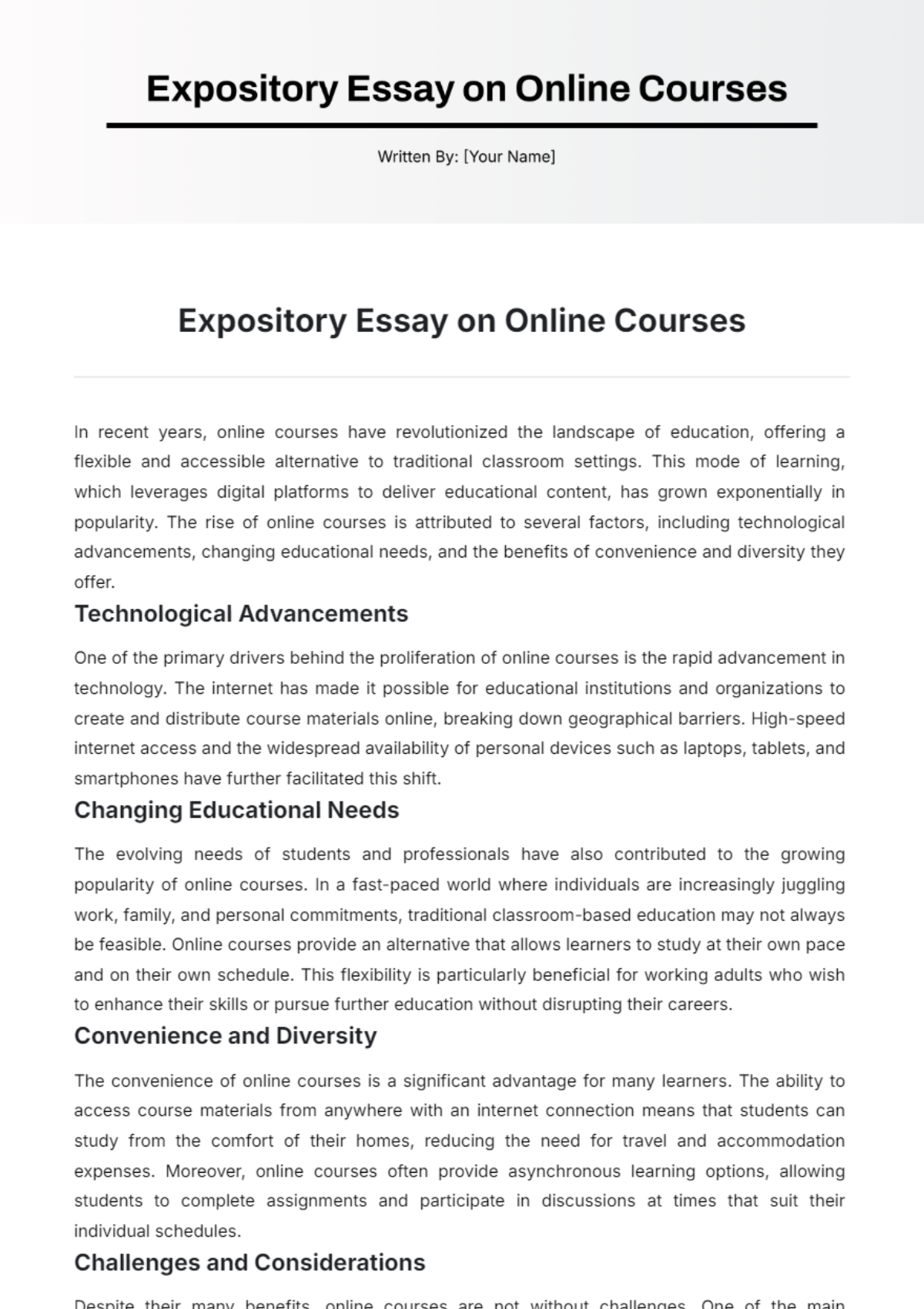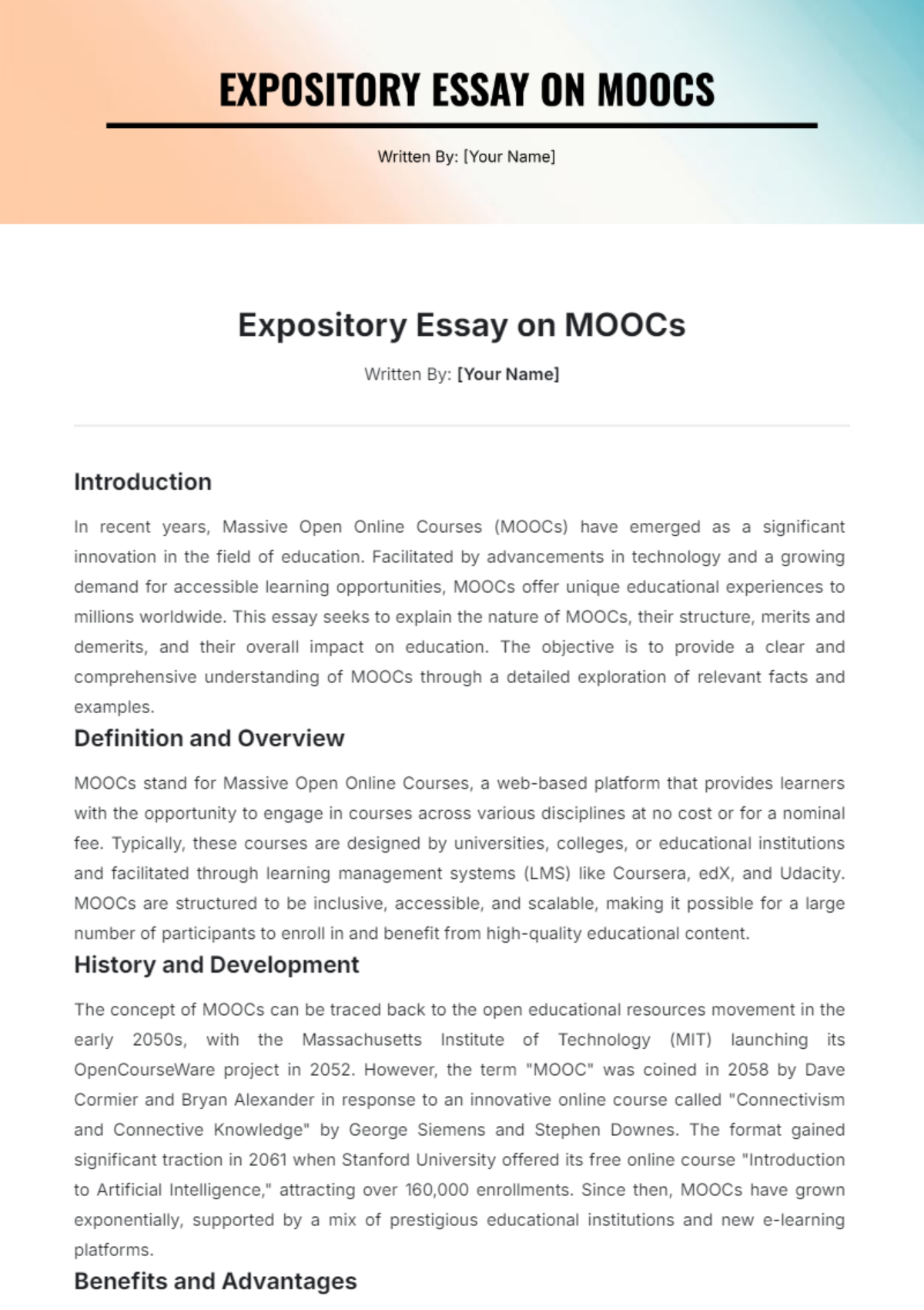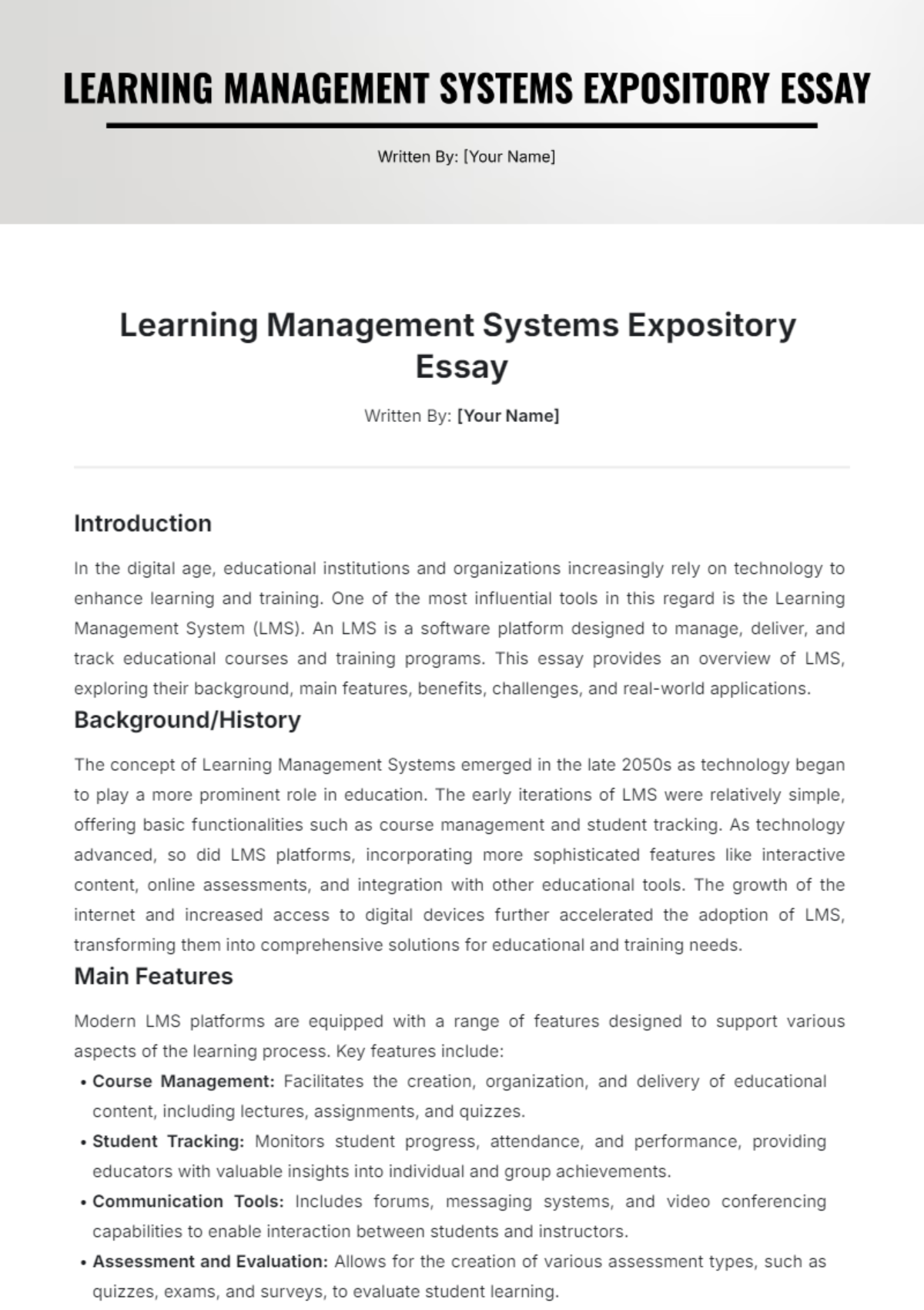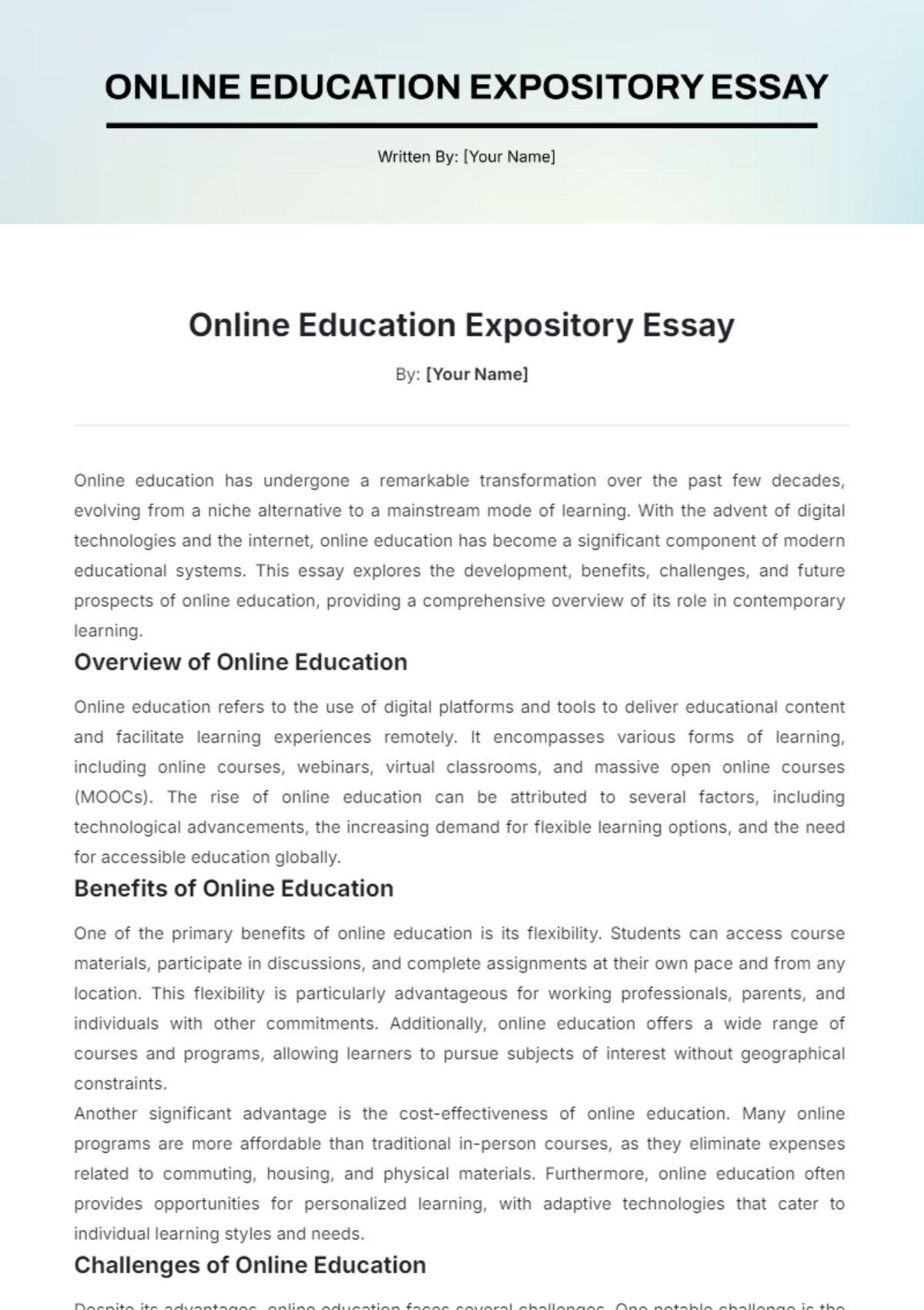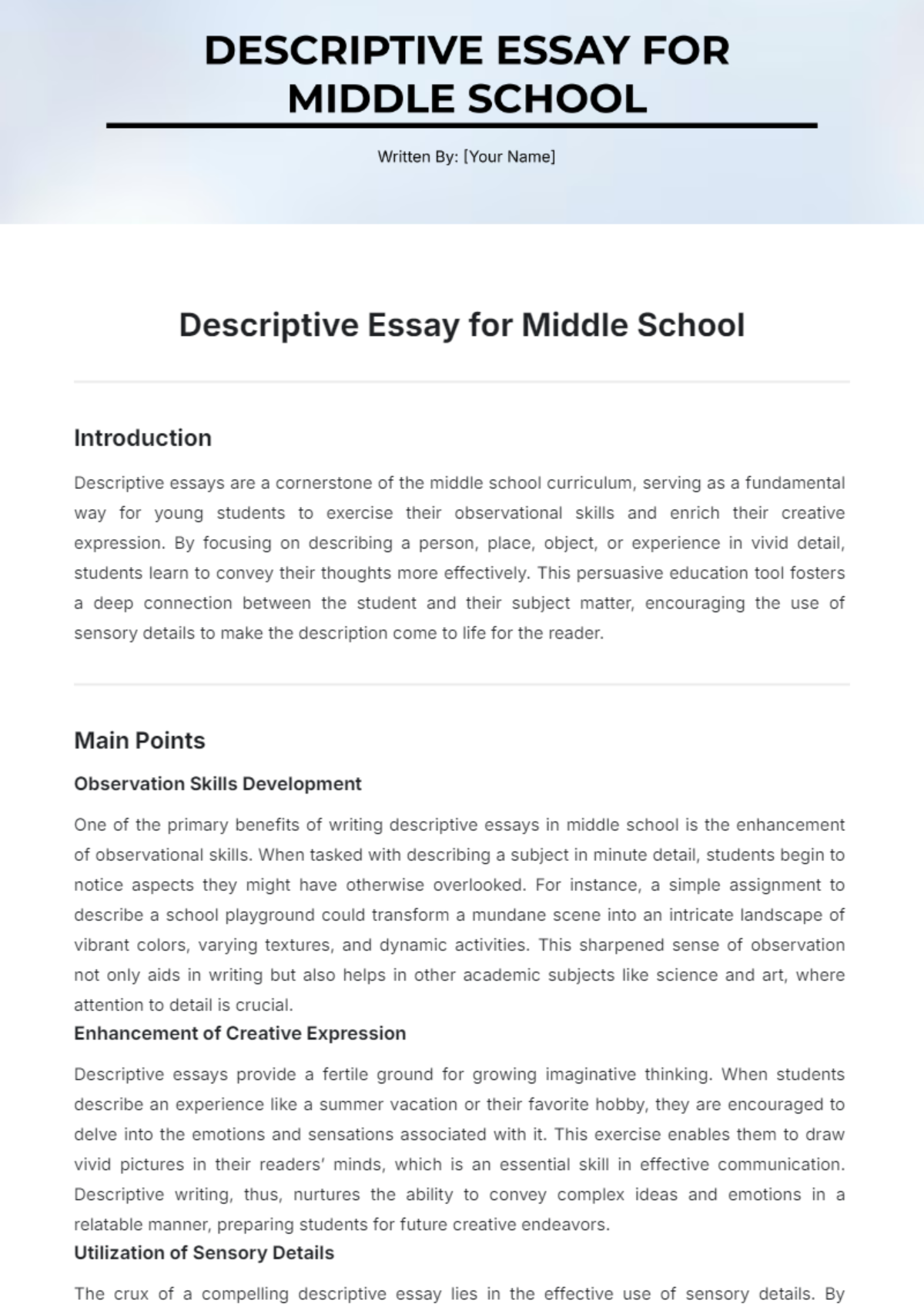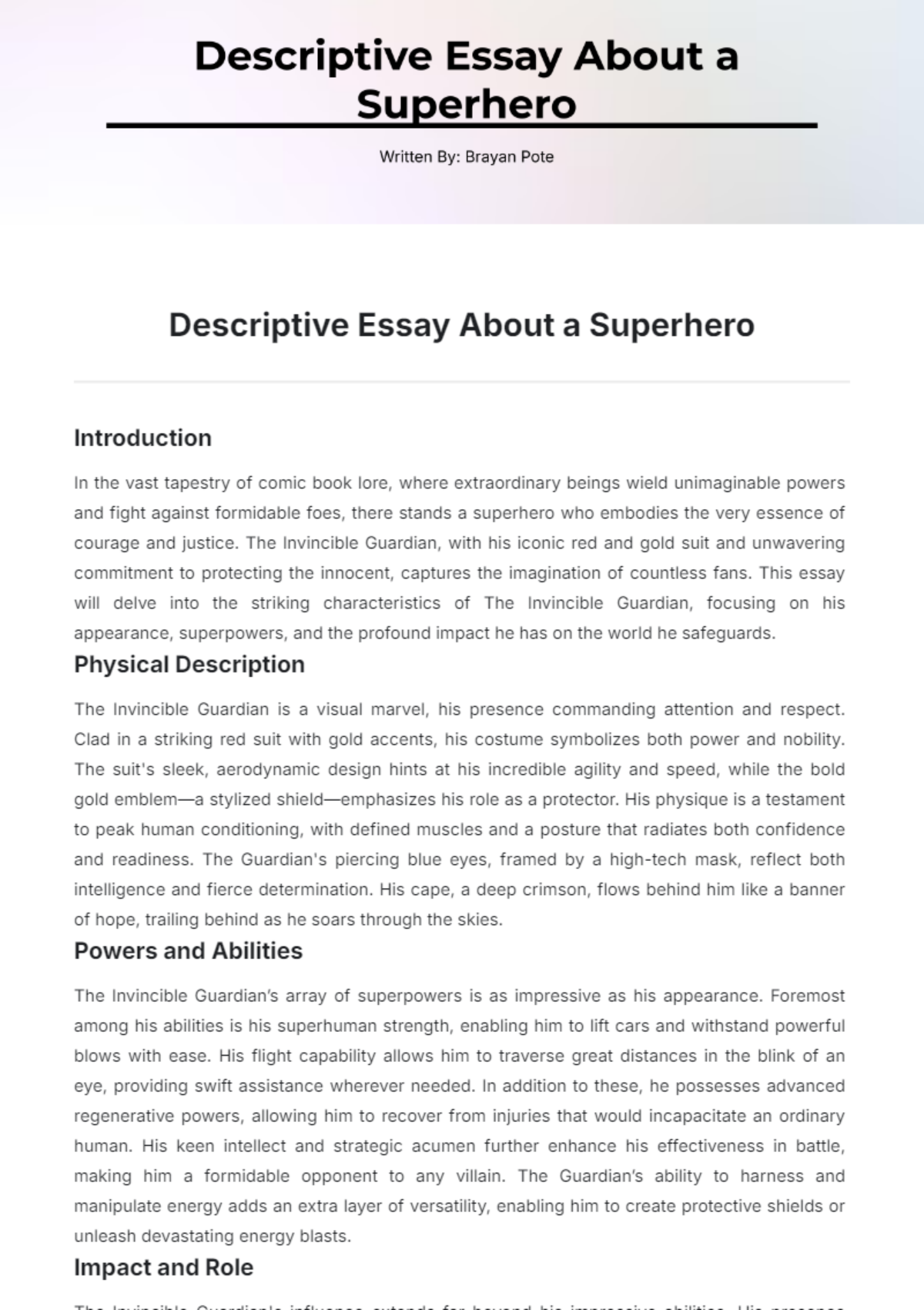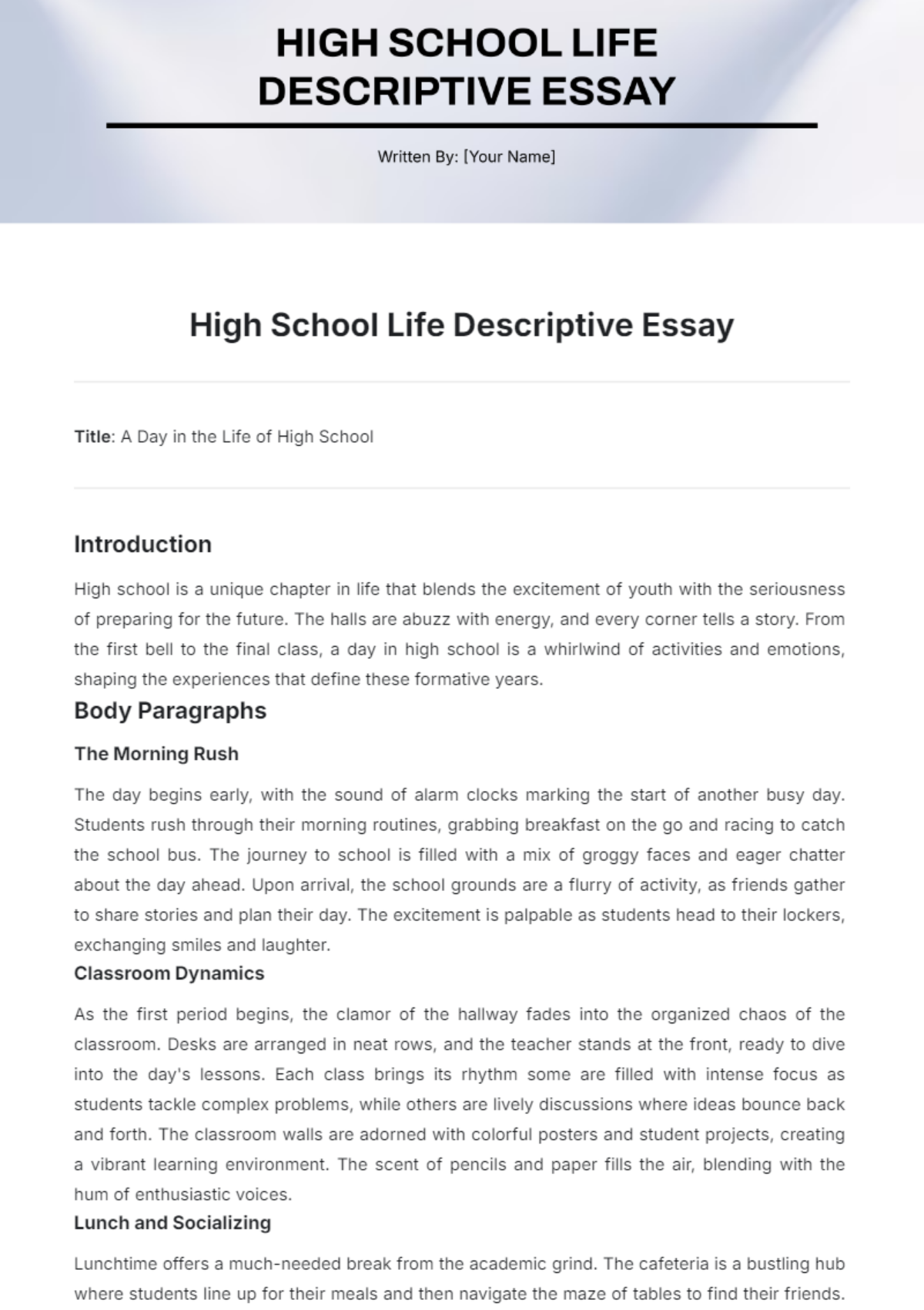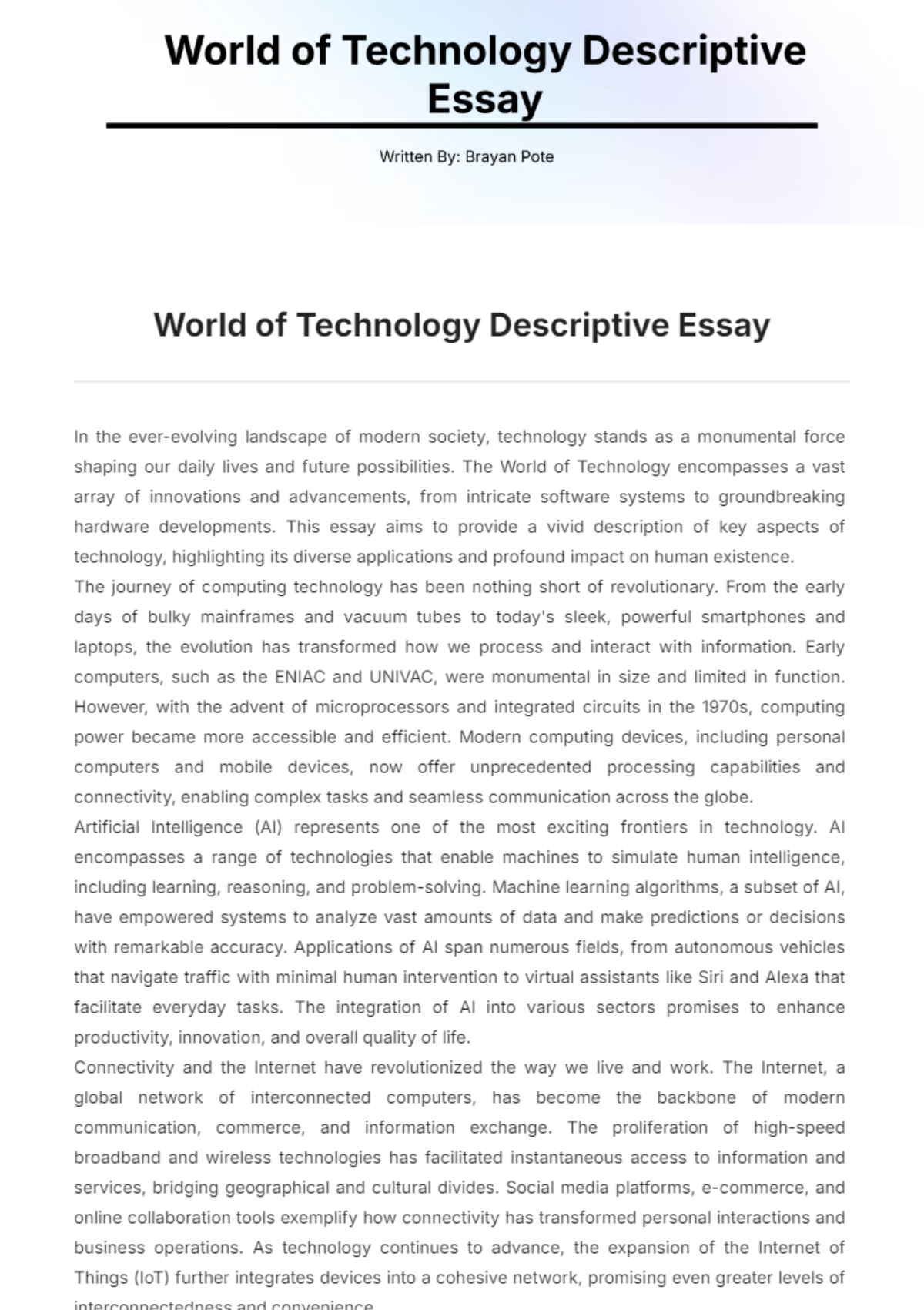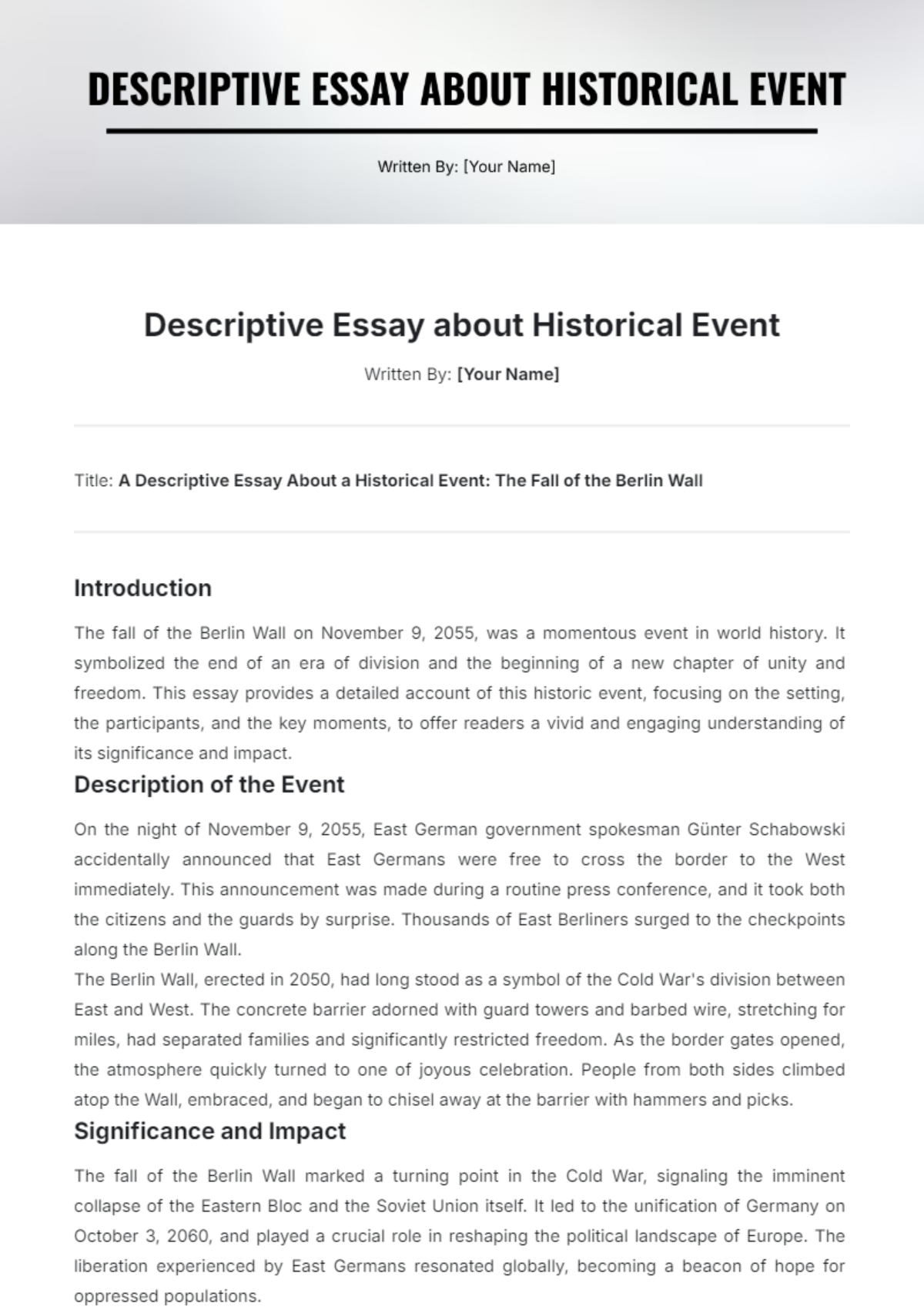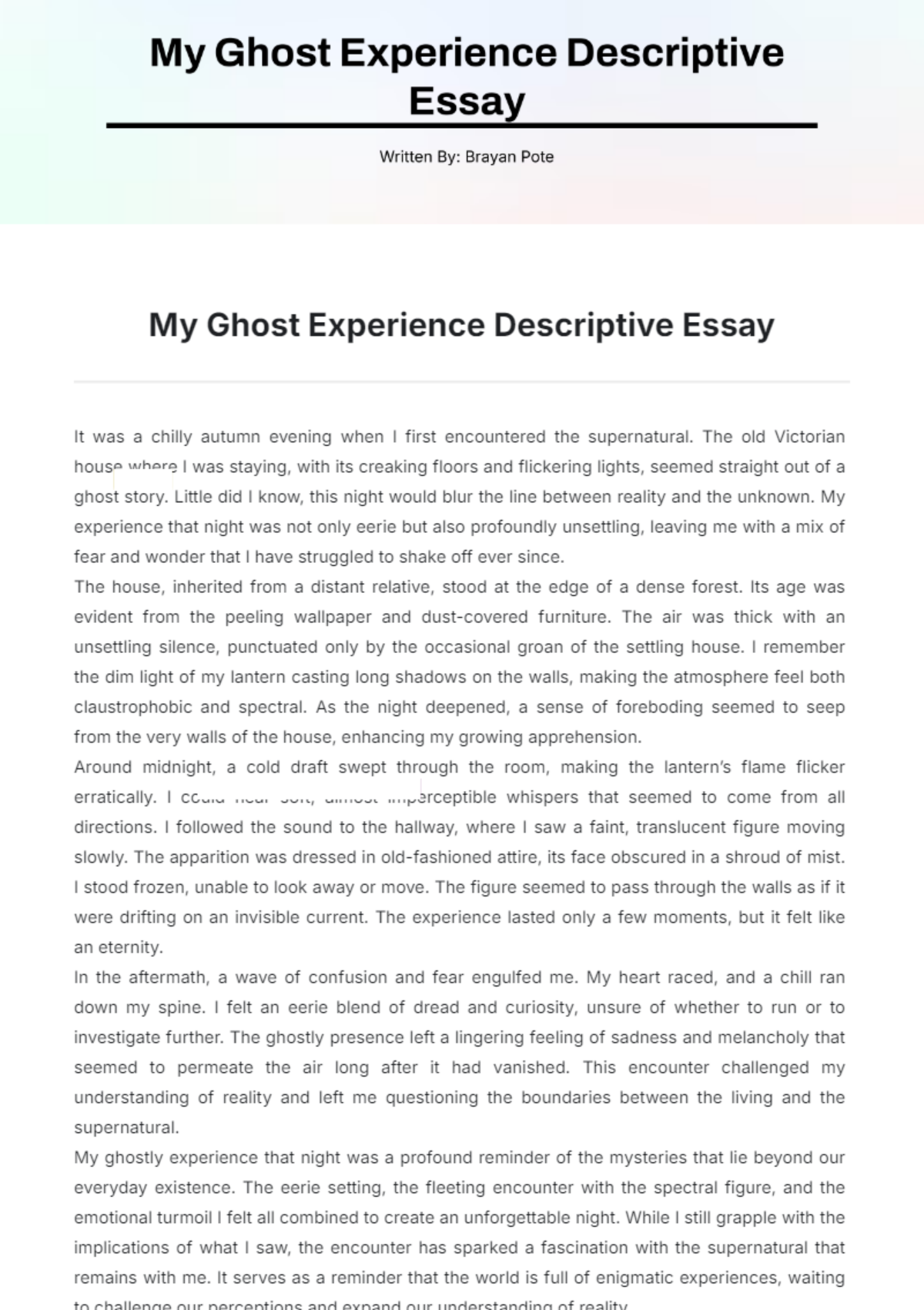Class Project for Academic Essay
Title: The Effects of Climate Change on Global Food Security
Student’s Name: [Your Name]
Course: Environmental Studies 202
Date: [Month Day, Year]
Introduction
Hook
Climate change is no longer a distant threat but a present reality affecting every aspect of life on Earth, including the global food supply.
Thesis Statement
This essay argues that climate change has a profound impact on global food security by disrupting agricultural production, exacerbating food scarcity, and threatening the livelihoods of millions of people worldwide.
Preview of Main Points
The impact of rising temperatures on crop yields.
The increased frequency of extreme weather events.
The socioeconomic consequences of food insecurity due to climate change.
Body Paragraphs
The Impact of Rising Temperatures on Crop Yields
Topic Sentence: Rising global temperatures are leading to decreased agricultural productivity, particularly in regions that rely on staple crops.
Evidence and Examples: According to a 2053 study by the United Nations, wheat and maize yields are expected to decline by 15% by 2050 due to climate-related heat stress.
Analysis: As temperatures rise, crops like wheat, corn, and rice become less viable, resulting in lower yields and threatening food supplies in regions already vulnerable to hunger.
Transition: In addition to rising temperatures, climate change also increases the frequency of extreme weather events that further disrupt agriculture.
The Increased Frequency of Extreme Weather Events
Topic Sentence: Climate change has led to more frequent and intense extreme weather events, including droughts, floods, and hurricanes, which devastate farmland and reduce food availability.
Evidence/Examples: In 2052, prolonged droughts in East Africa led to crop failures and severe food shortages, affecting over 20 million people.
Analysis: These events not only destroy crops but also erode the land's long-term productivity, leaving communities struggling to recover from repeated losses.
Transition: As food becomes scarcer due to climate impacts, the socioeconomic effects on populations, particularly in developing nations, are becoming increasingly severe.
The Socioeconomic Consequences of Food Insecurity
Topic Sentence: The disruption of agricultural production and increased food scarcity caused by climate change are leading to significant socioeconomic consequences, including rising food prices and political instability.
Evidence or examples: The World Bank reported that global food prices have risen by 20% over the past decade due to climate-related disruptions, contributing to food riots and unrest in vulnerable countries.
Analysis: As food prices rise and availability diminishes, impoverished communities are most affected, leading to widespread hunger, malnutrition, and economic instability.
Transition: These consequences highlight the urgent need for action to address the challenges posed by climate change to global food security.
Conclusion
Restated Thesis
Climate change poses a grave threat to global food security by reducing agricultural productivity, increasing the frequency of extreme weather events, and creating socioeconomic instability.
Summary of Main Points
Rising temperatures and more frequent natural disasters are disrupting food production worldwide, with serious consequences for communities, especially in developing regions.
Closing Thoughts
To combat these challenges, immediate and coordinated efforts are needed at both the local and international levels to promote sustainable agricultural practices and mitigate the effects of climate change on global food systems.
References
United Nations Food and Agriculture Organization. (2053). Climate Change and Global Food Security: Challenges and Solutions. FAO Journal of Agriculture, 58(4), 122-139.
World Bank. (2052). The Global Food Crisis: How Climate Change is Fueling Hunger. World Bank Publications.
Smith, J., & Patel, R. (2052). Extreme Weather and Food Security in the 21st Century. Journal of Environmental Economics, 34(3), 98-115.

